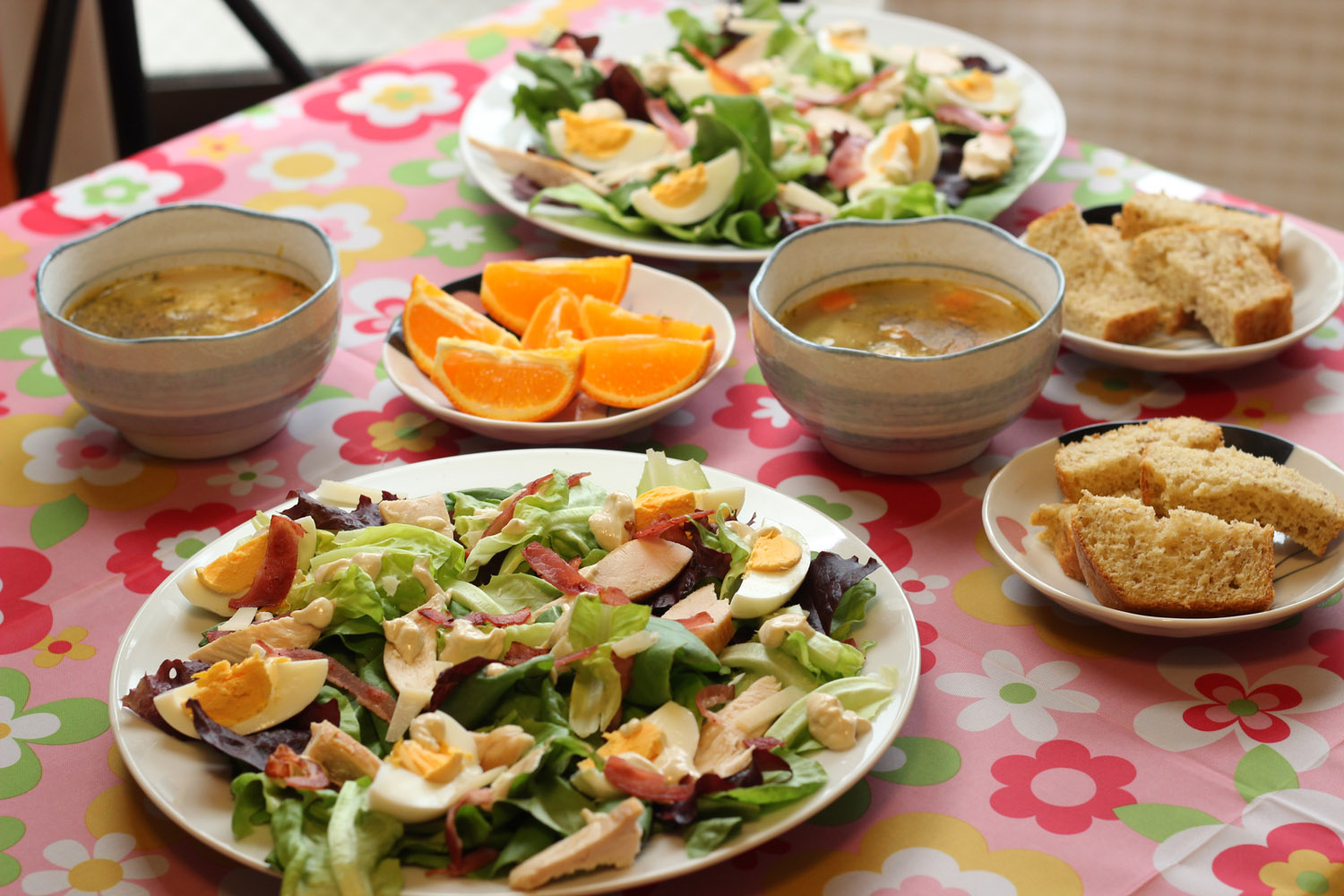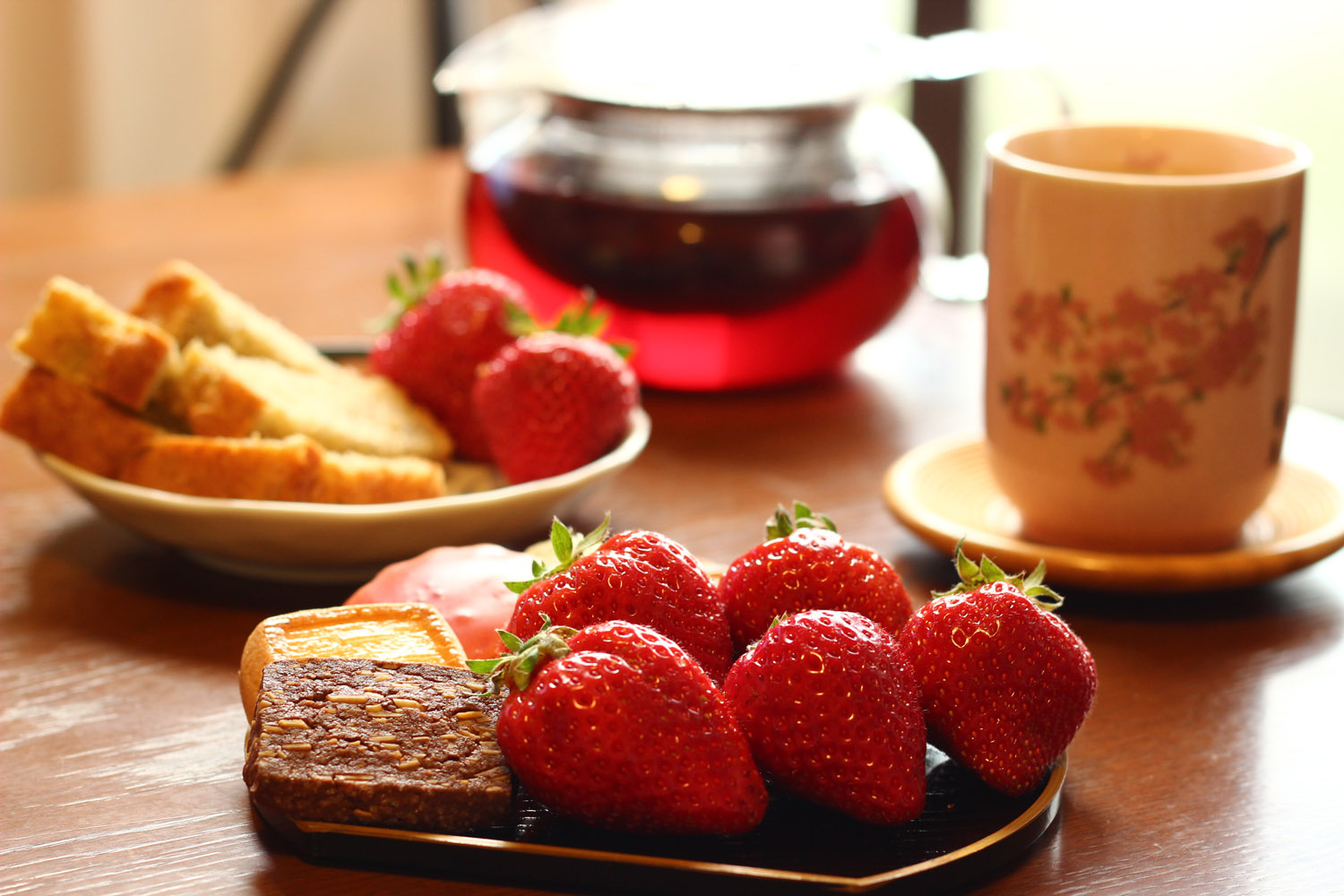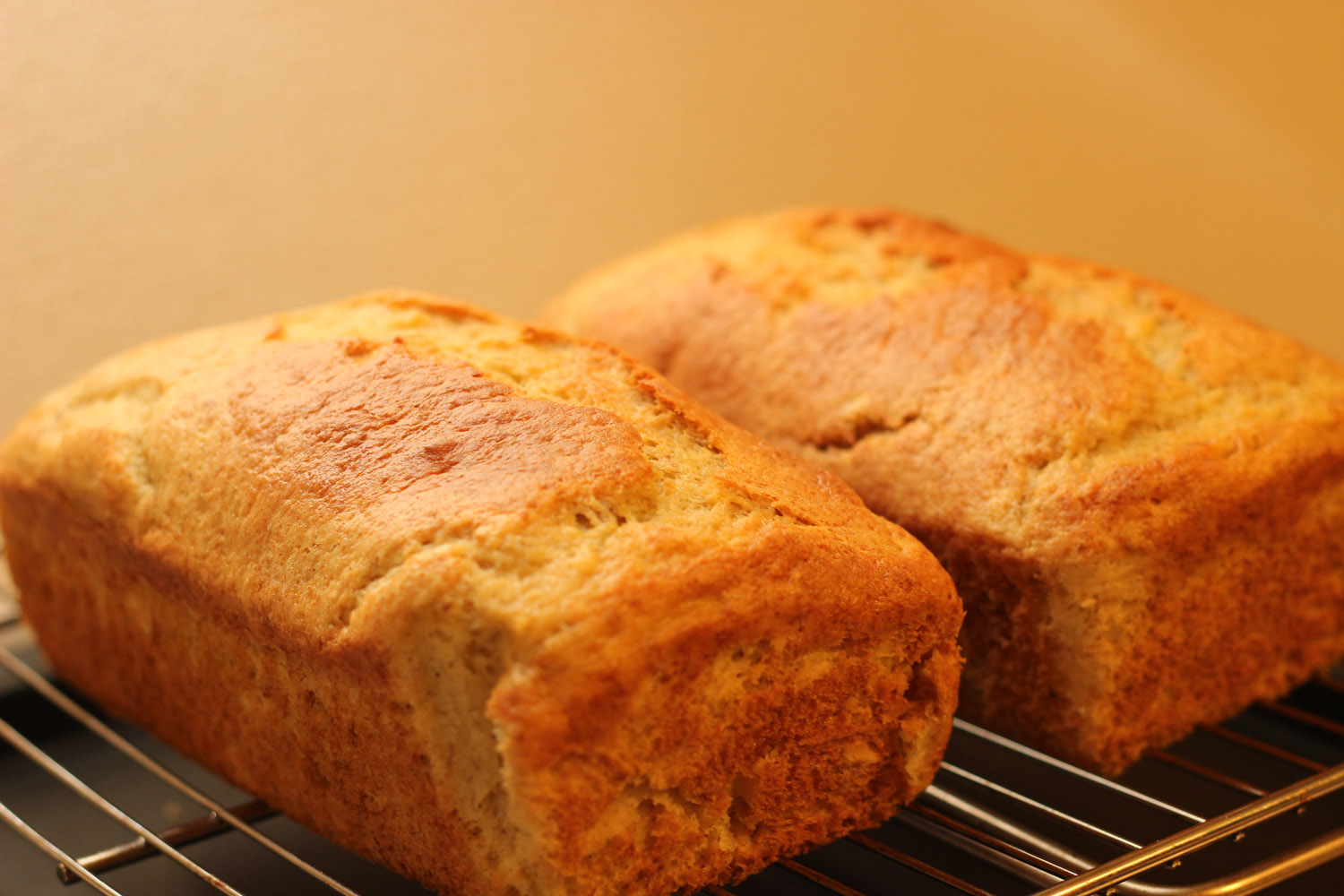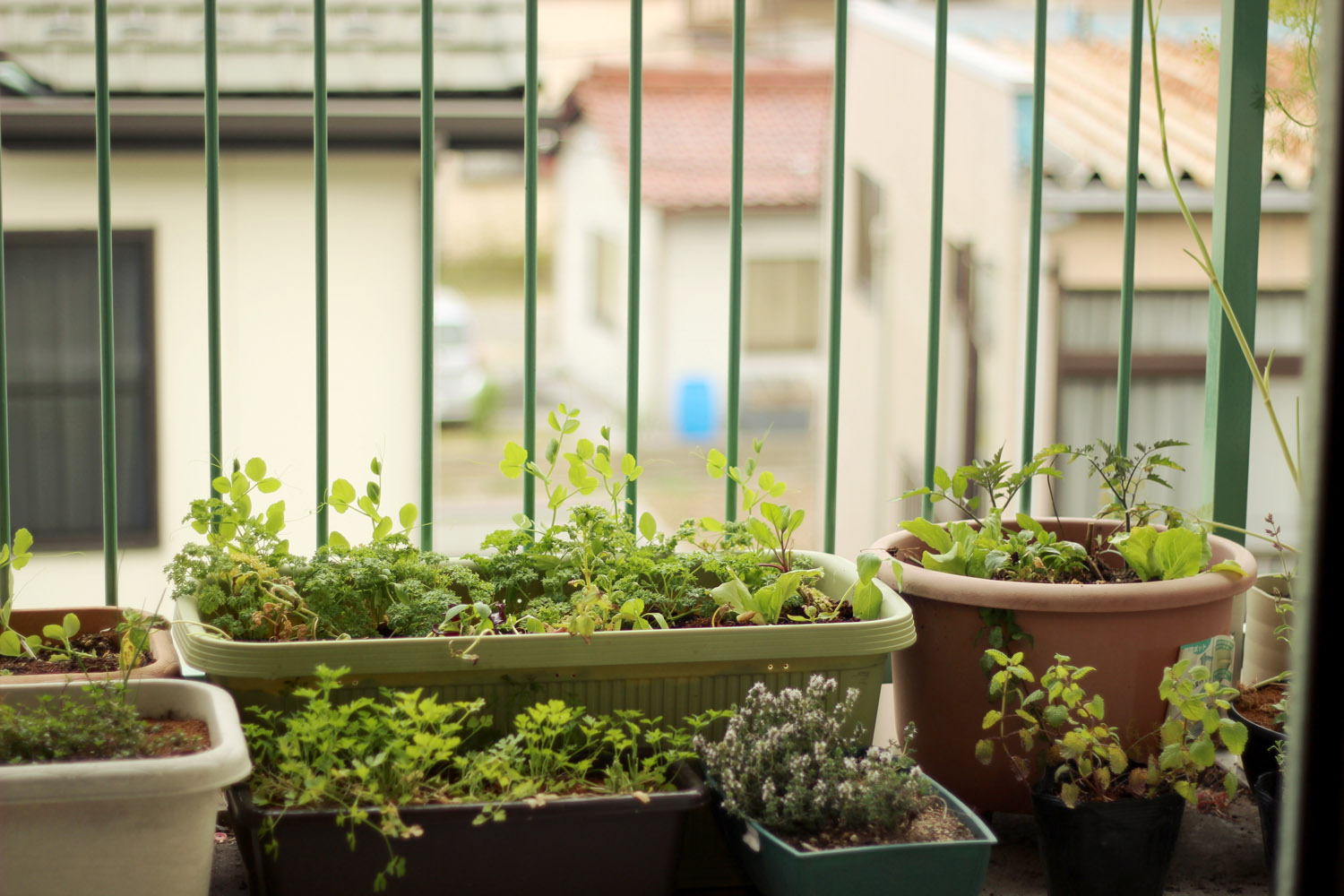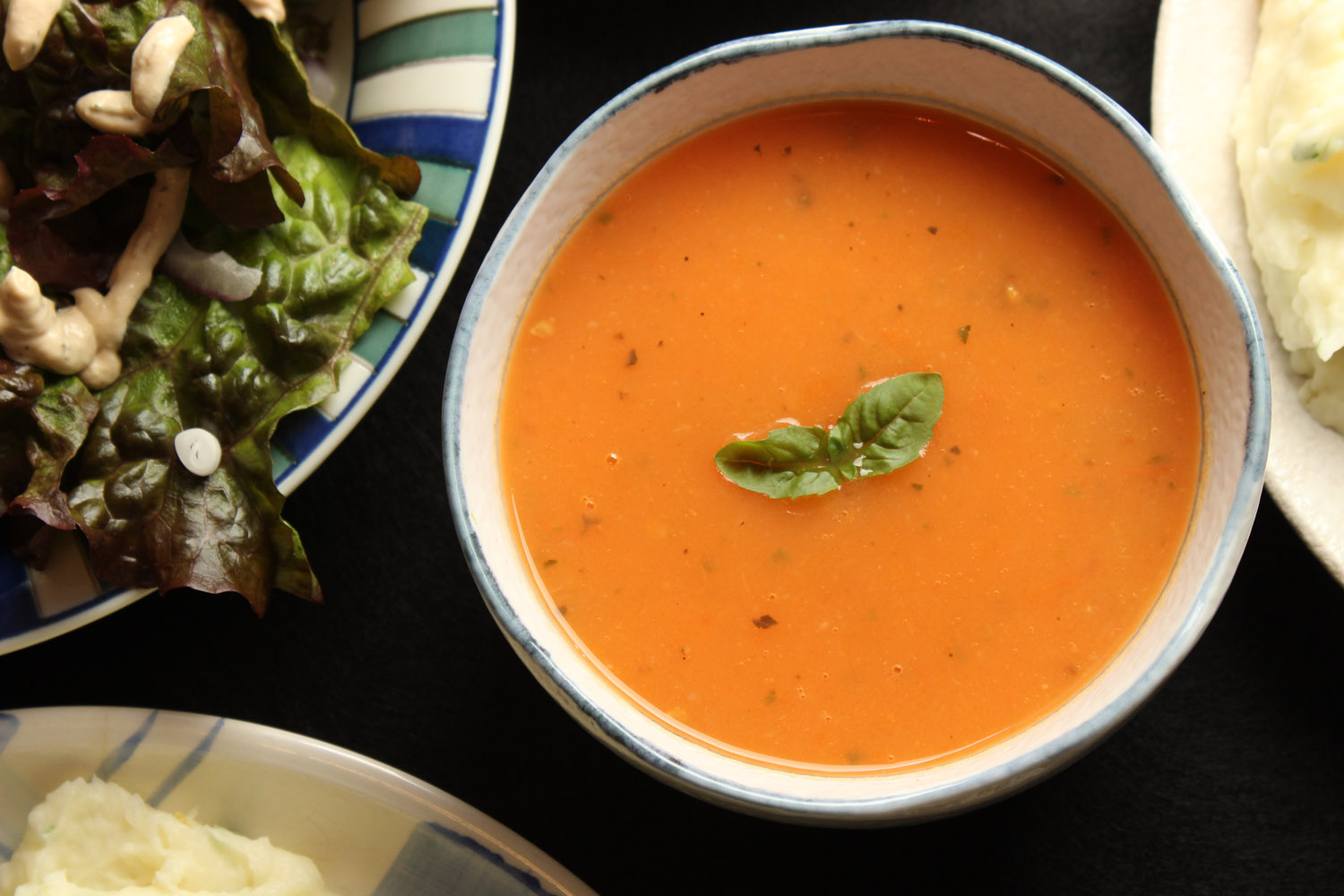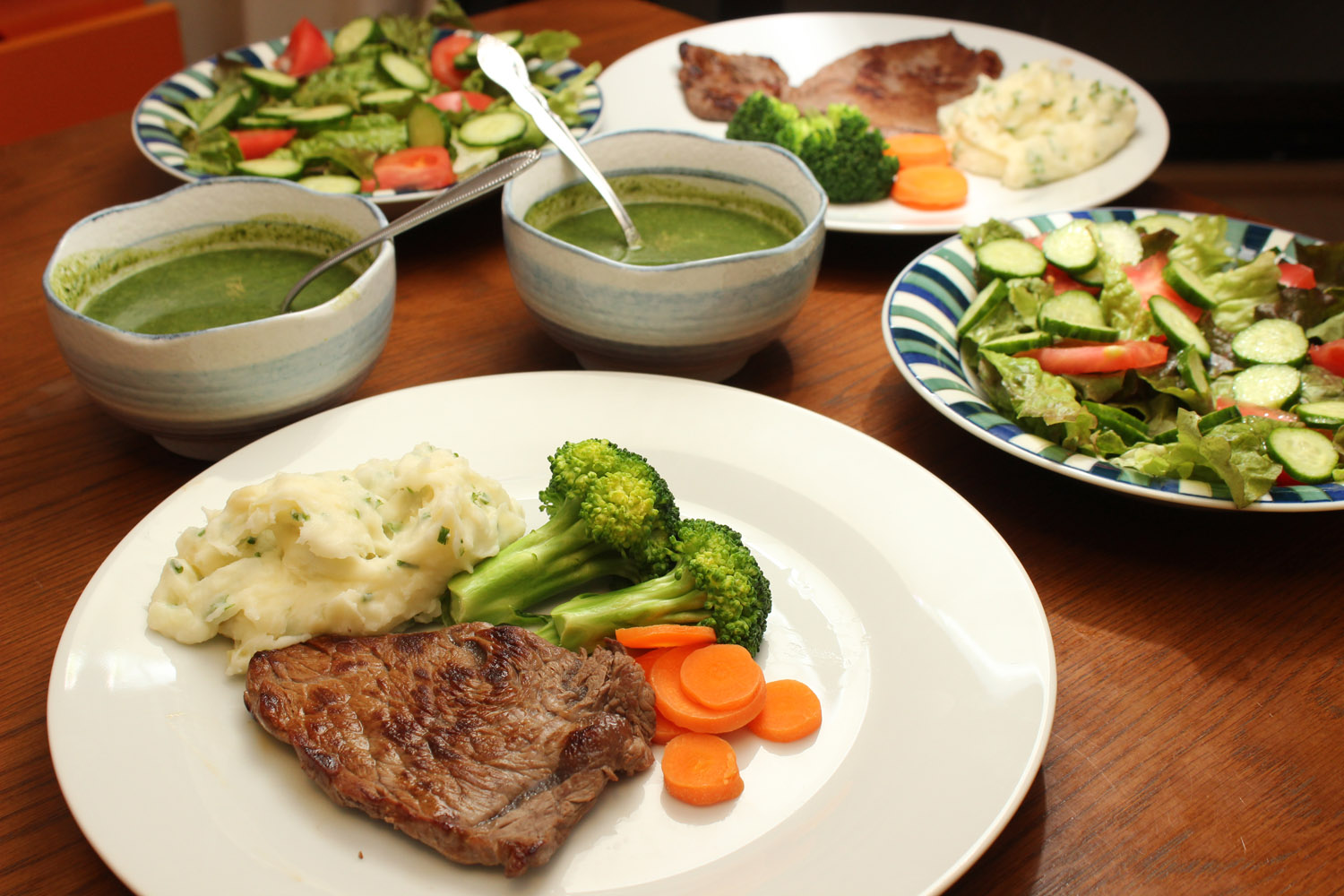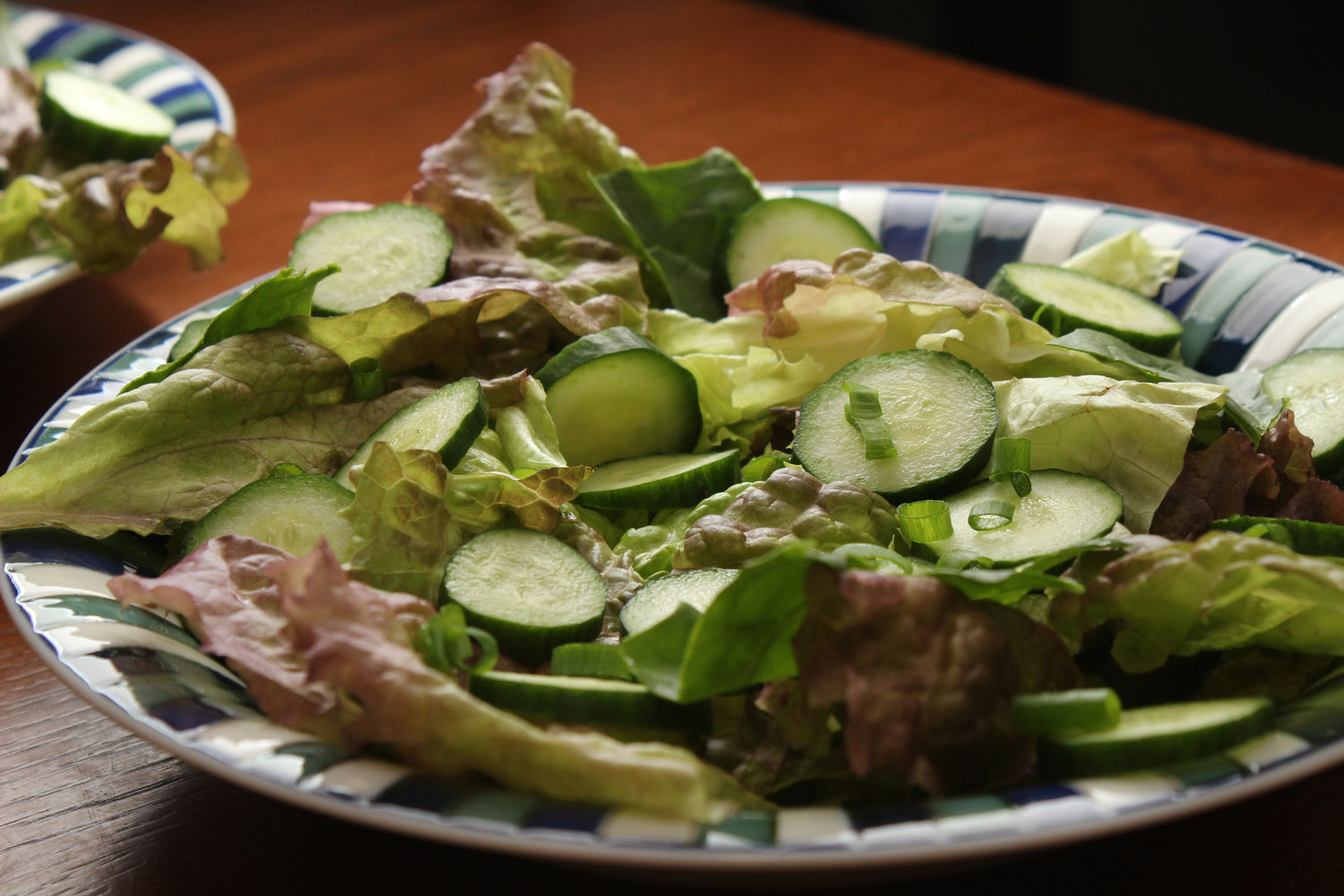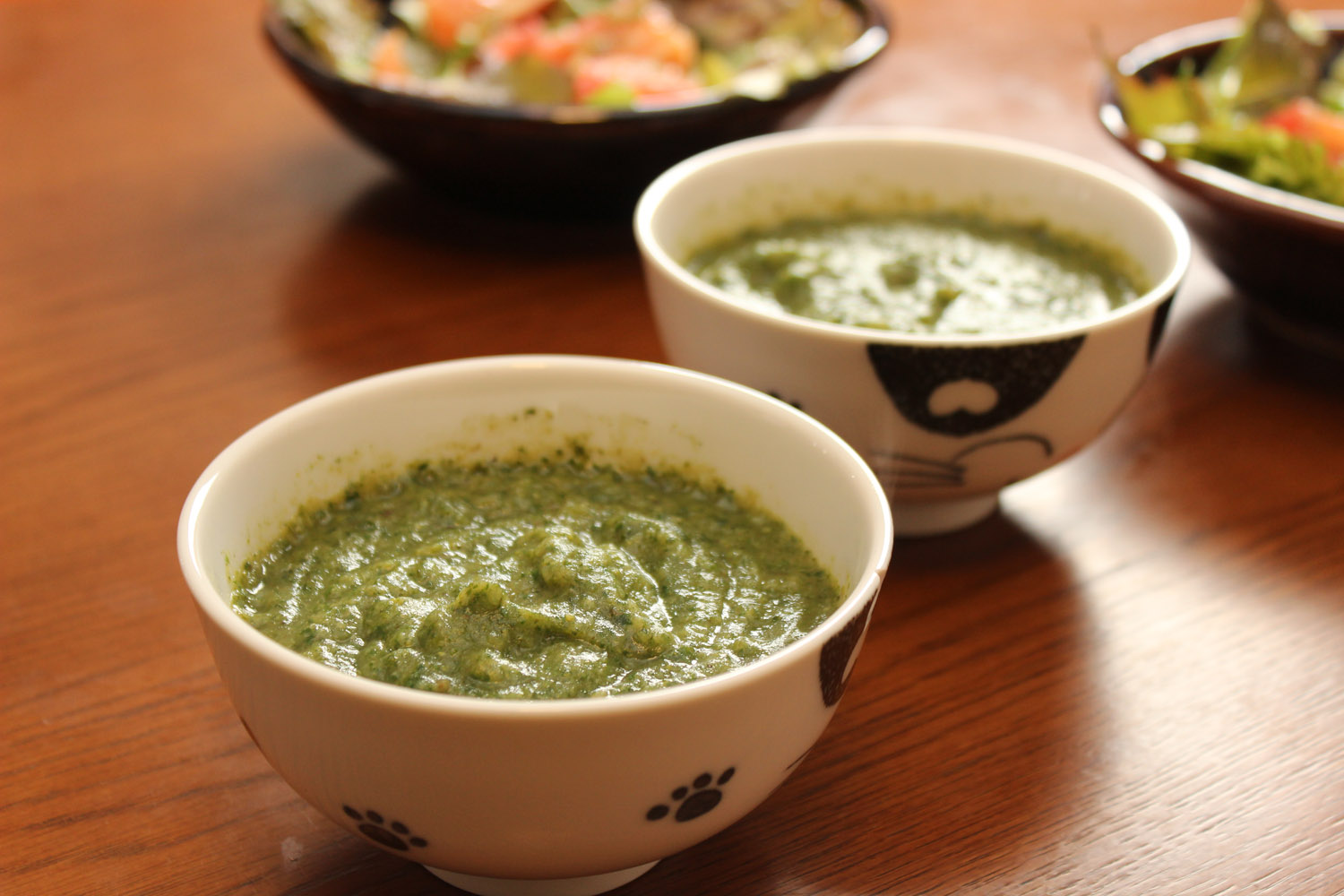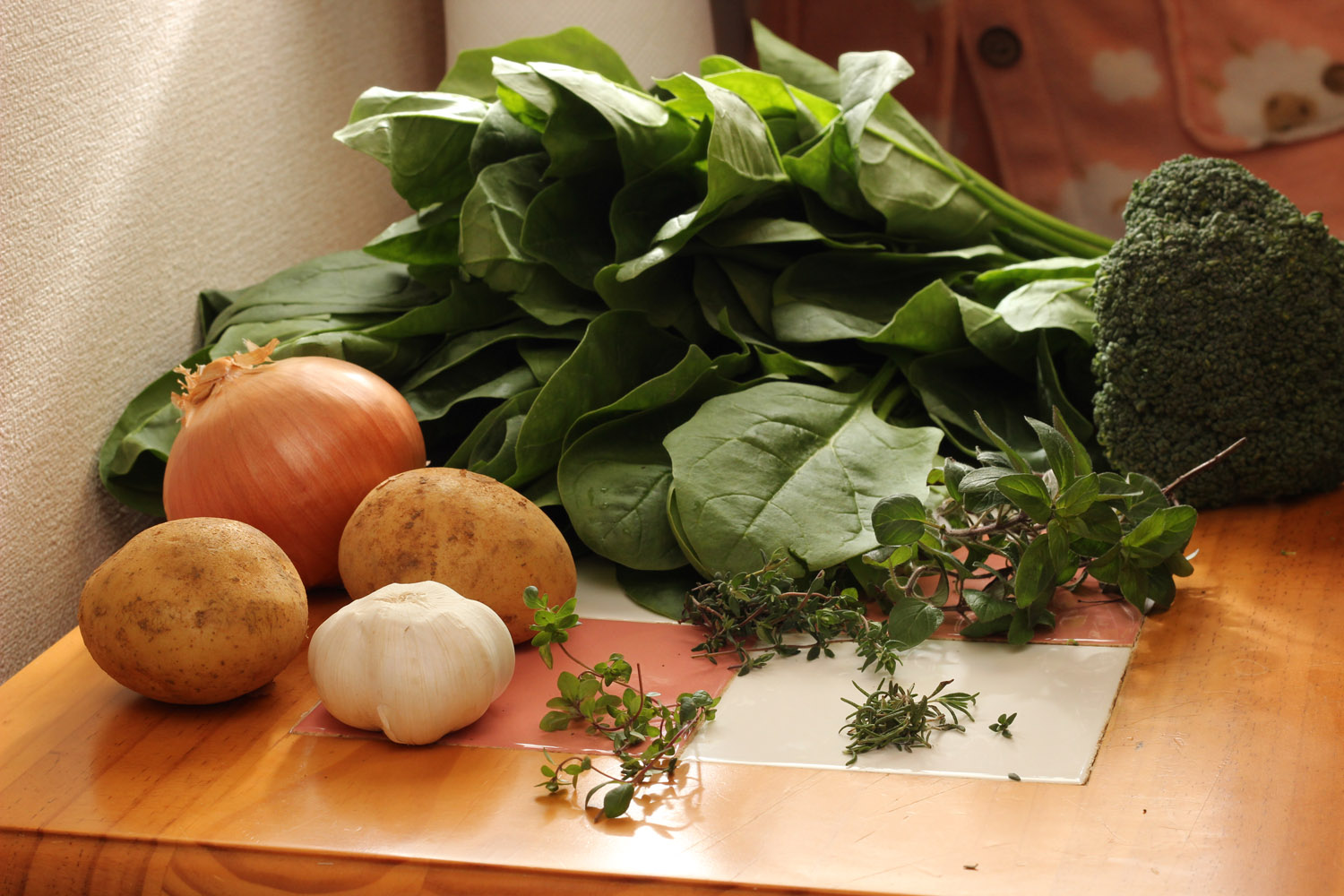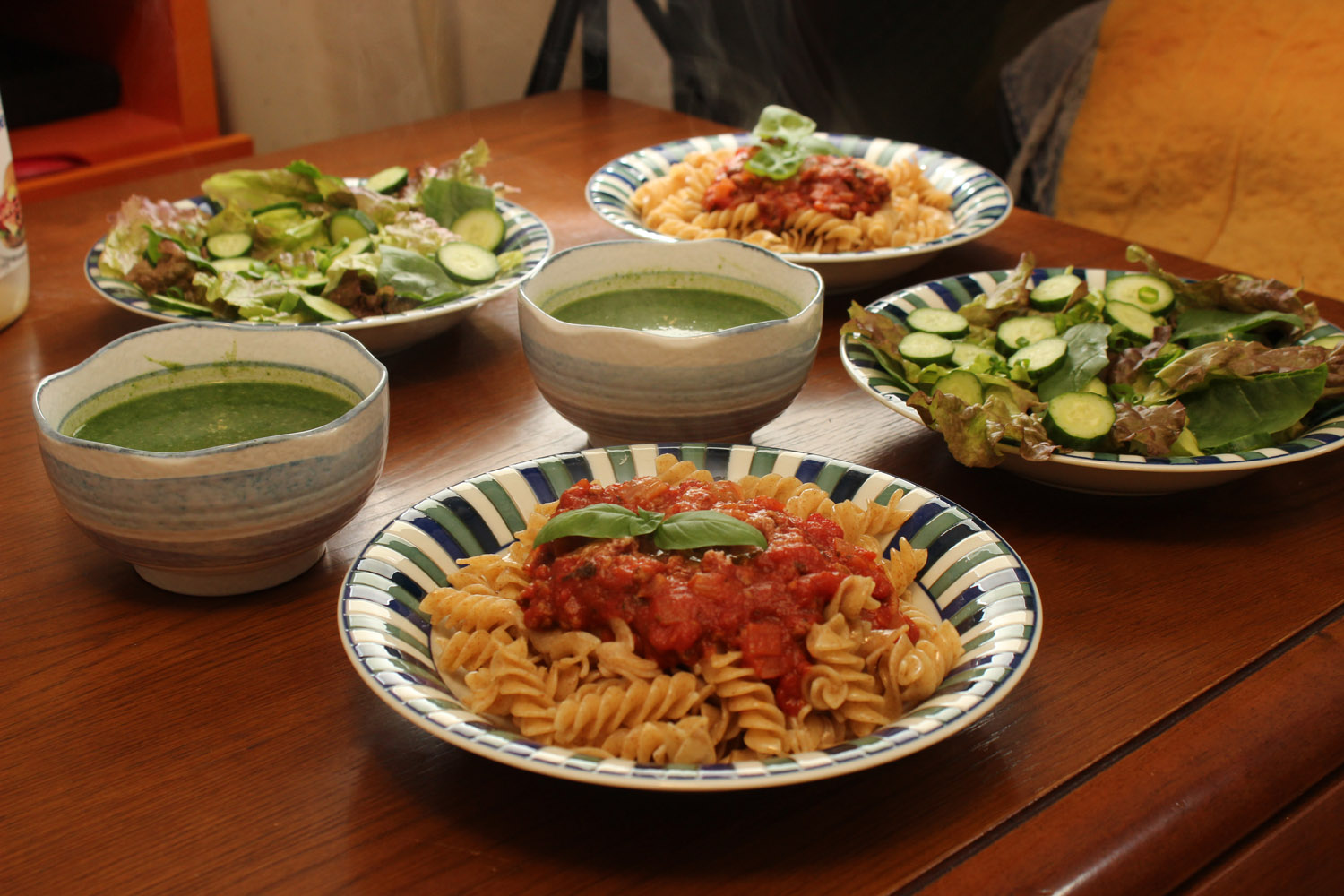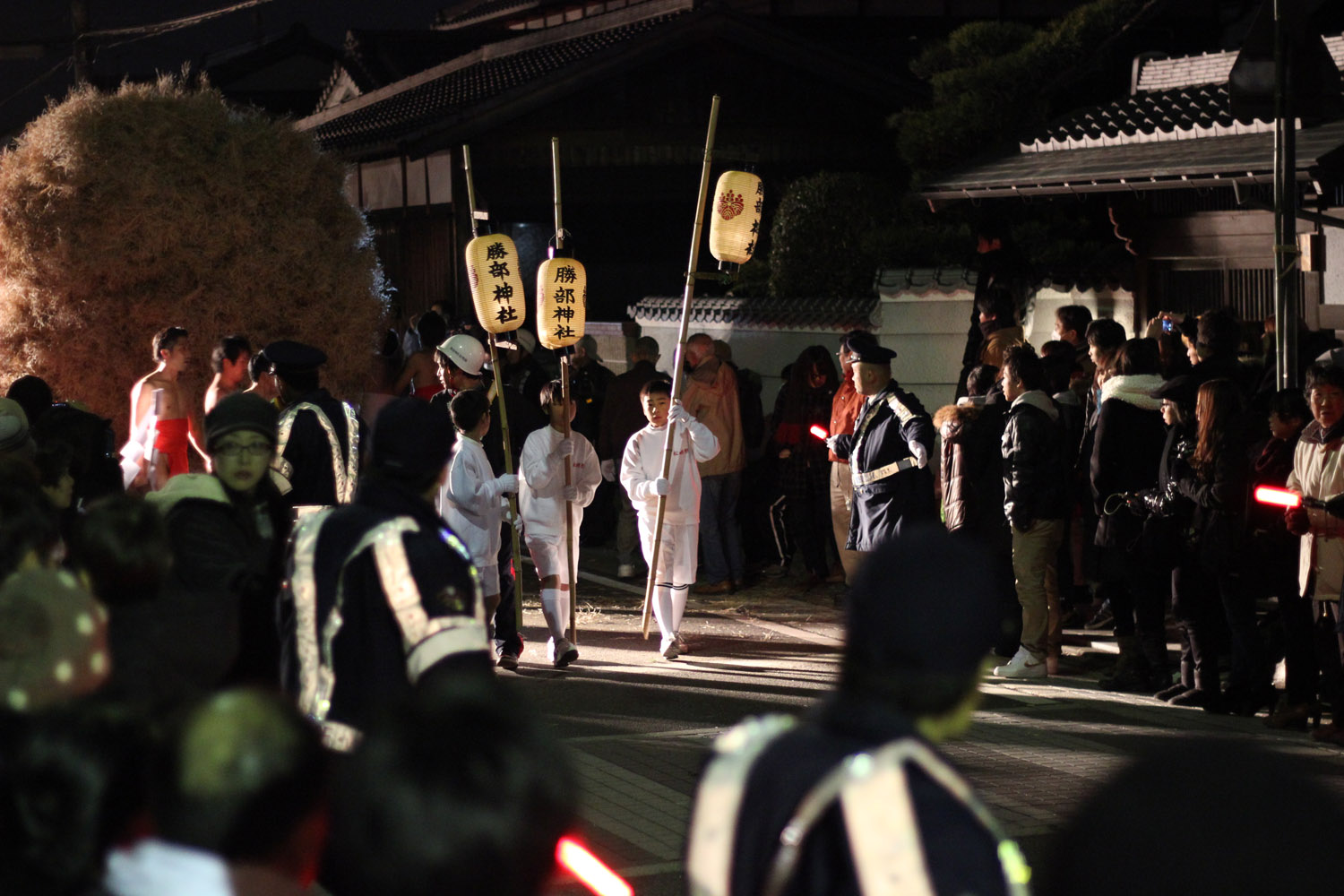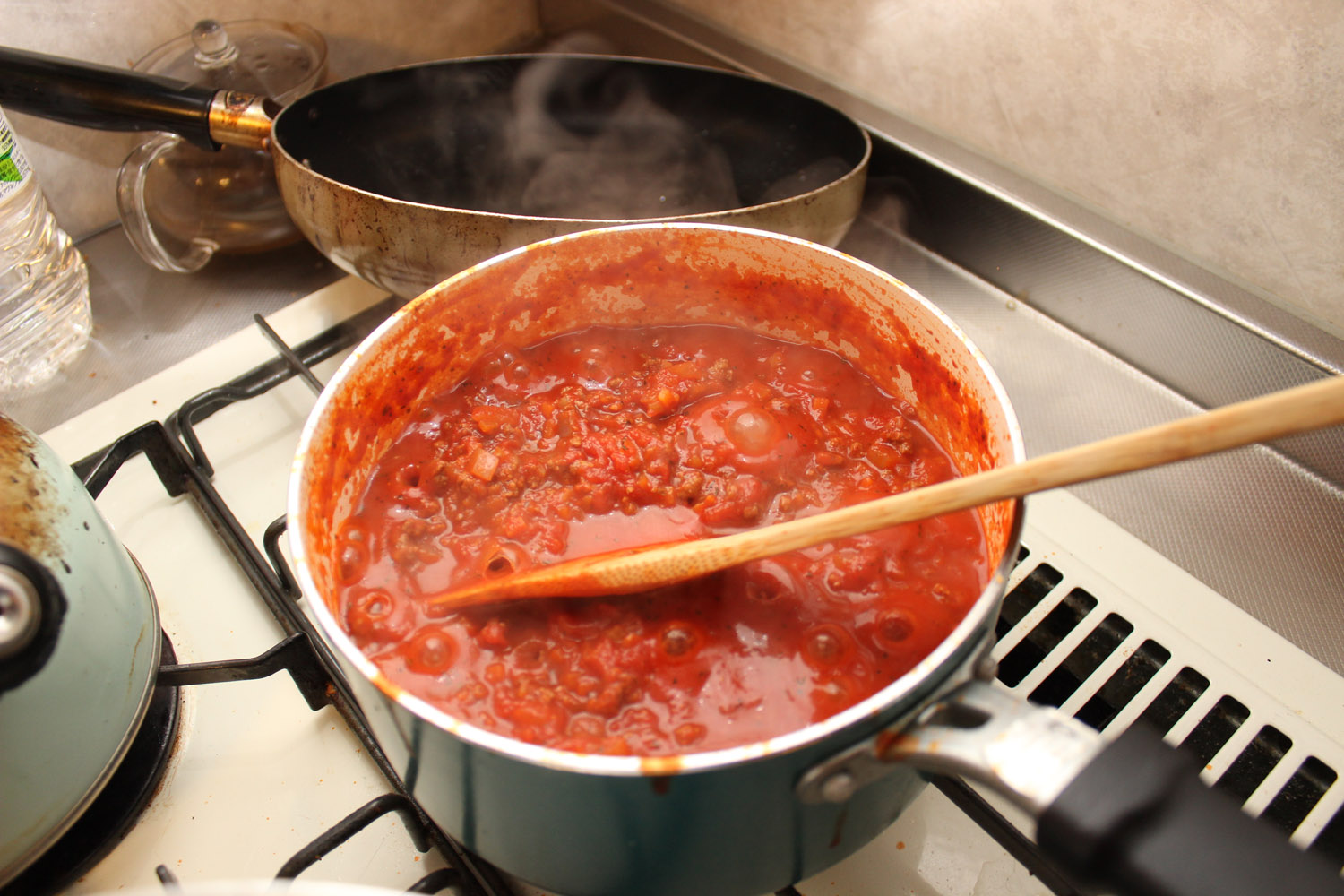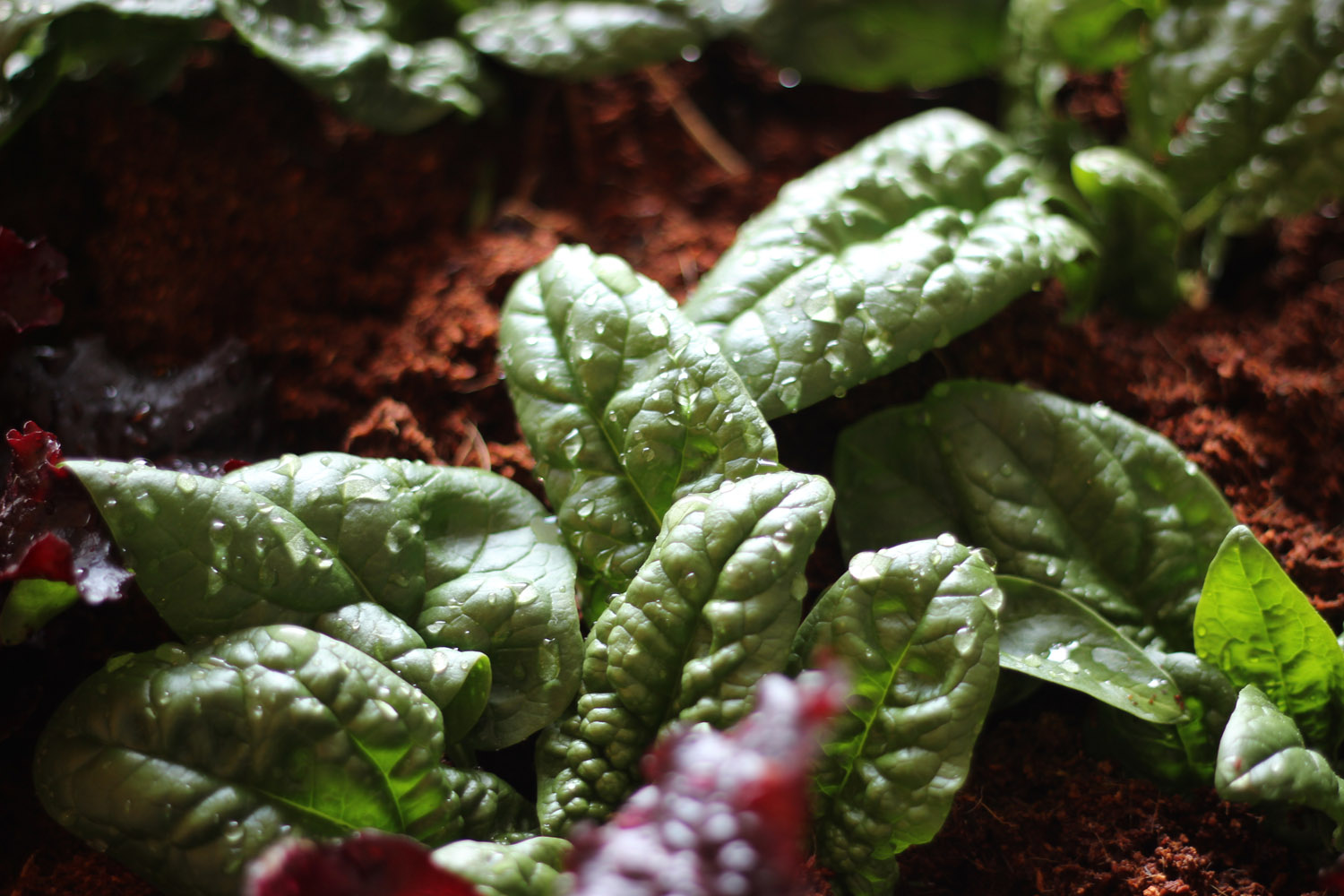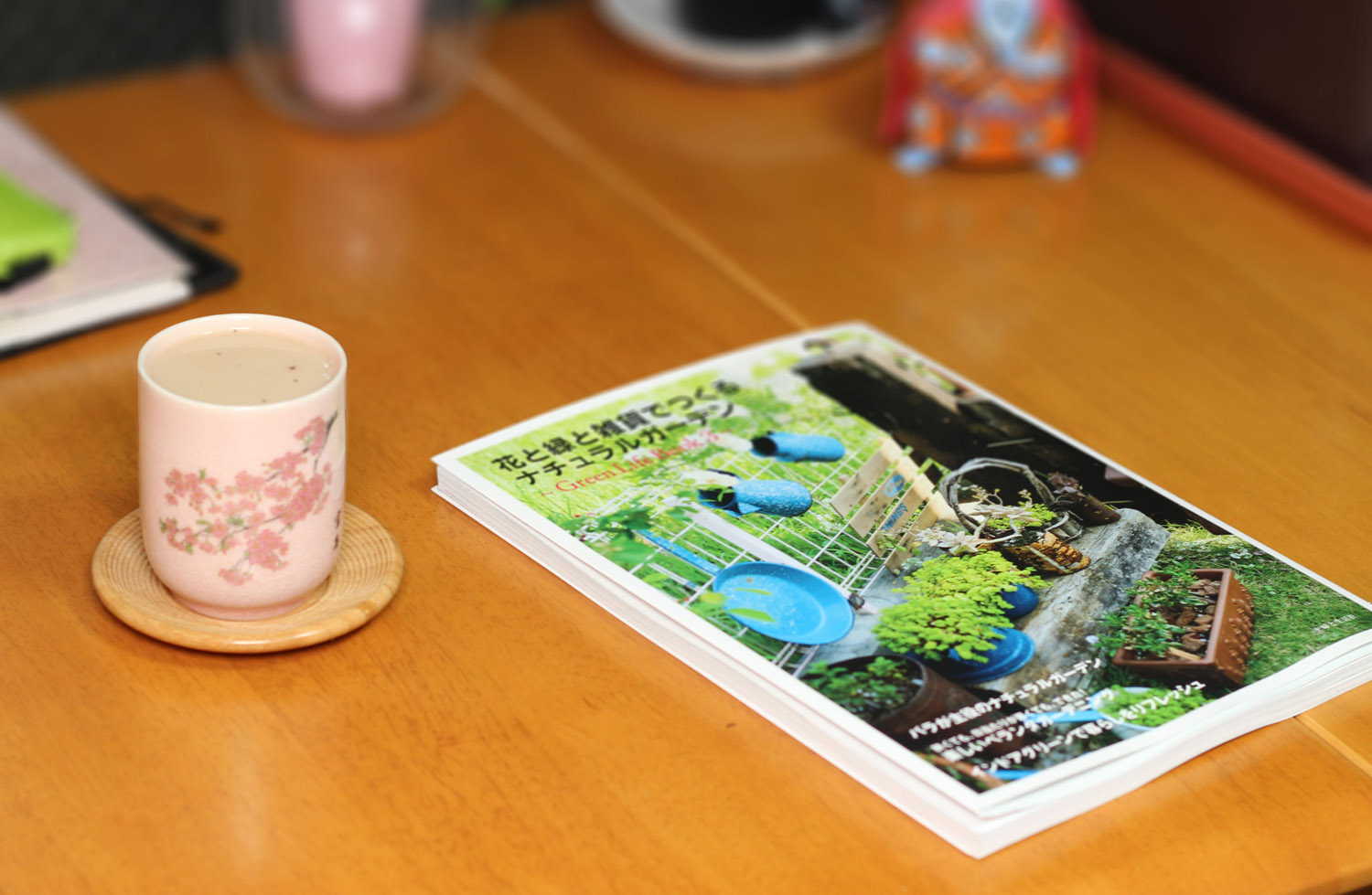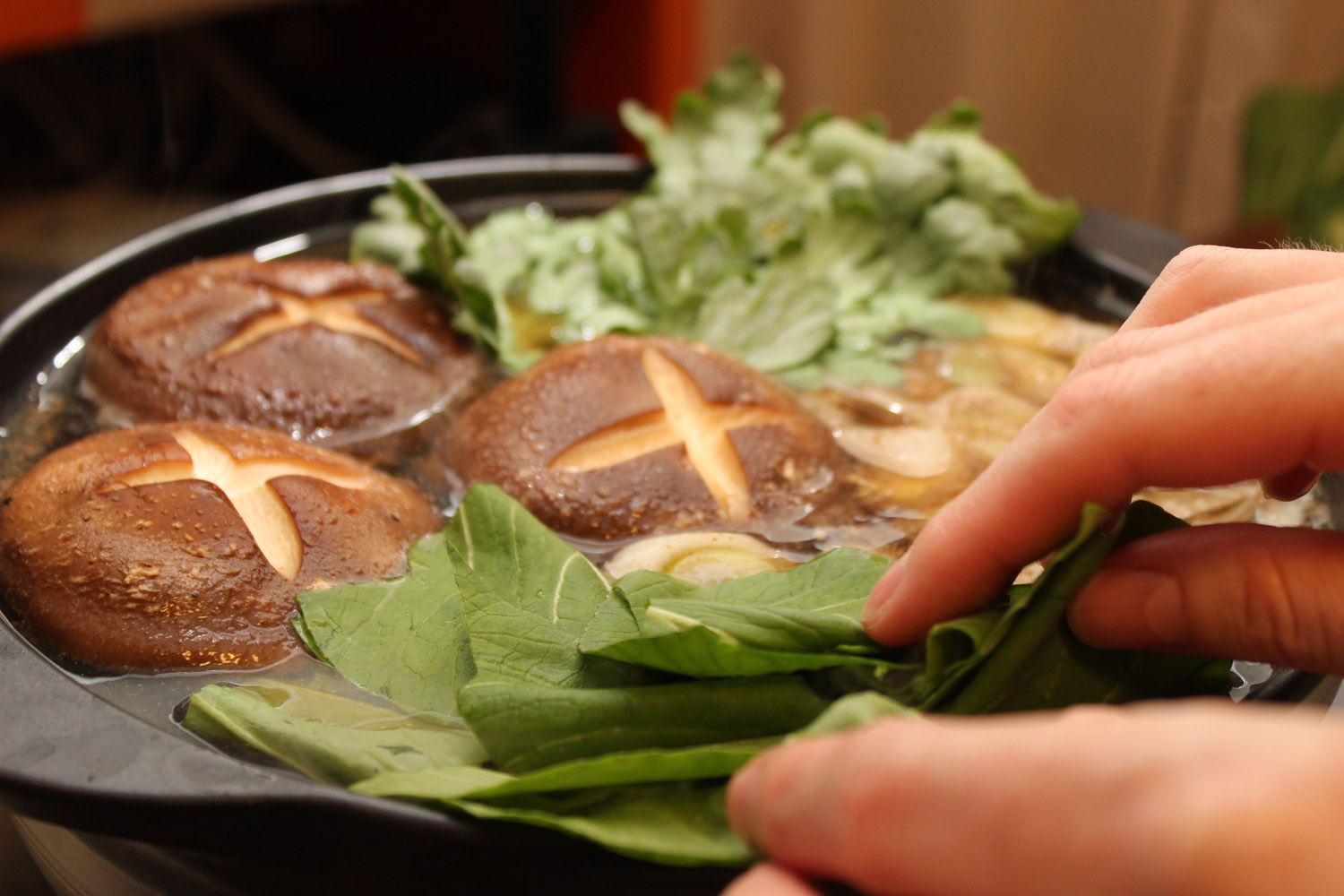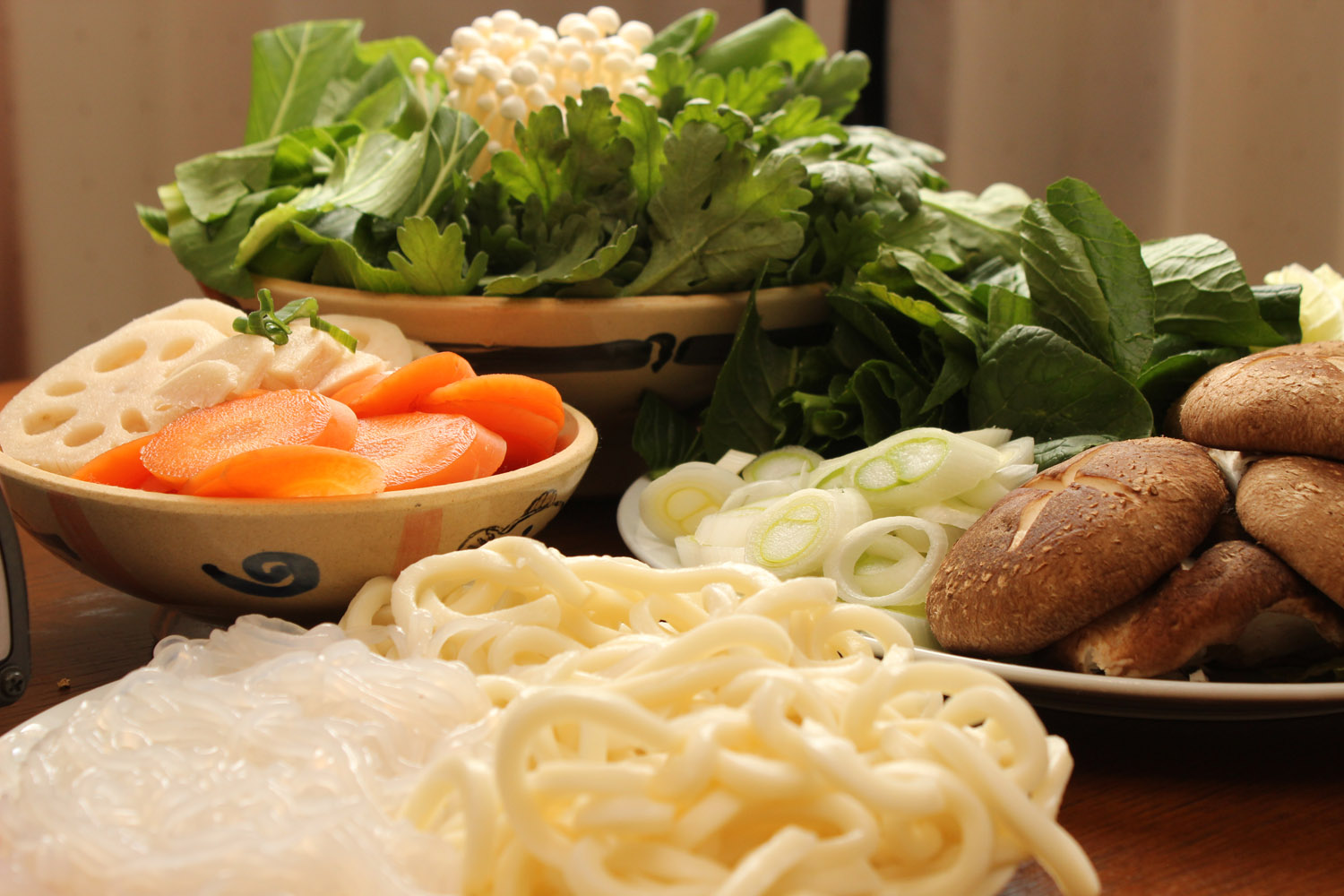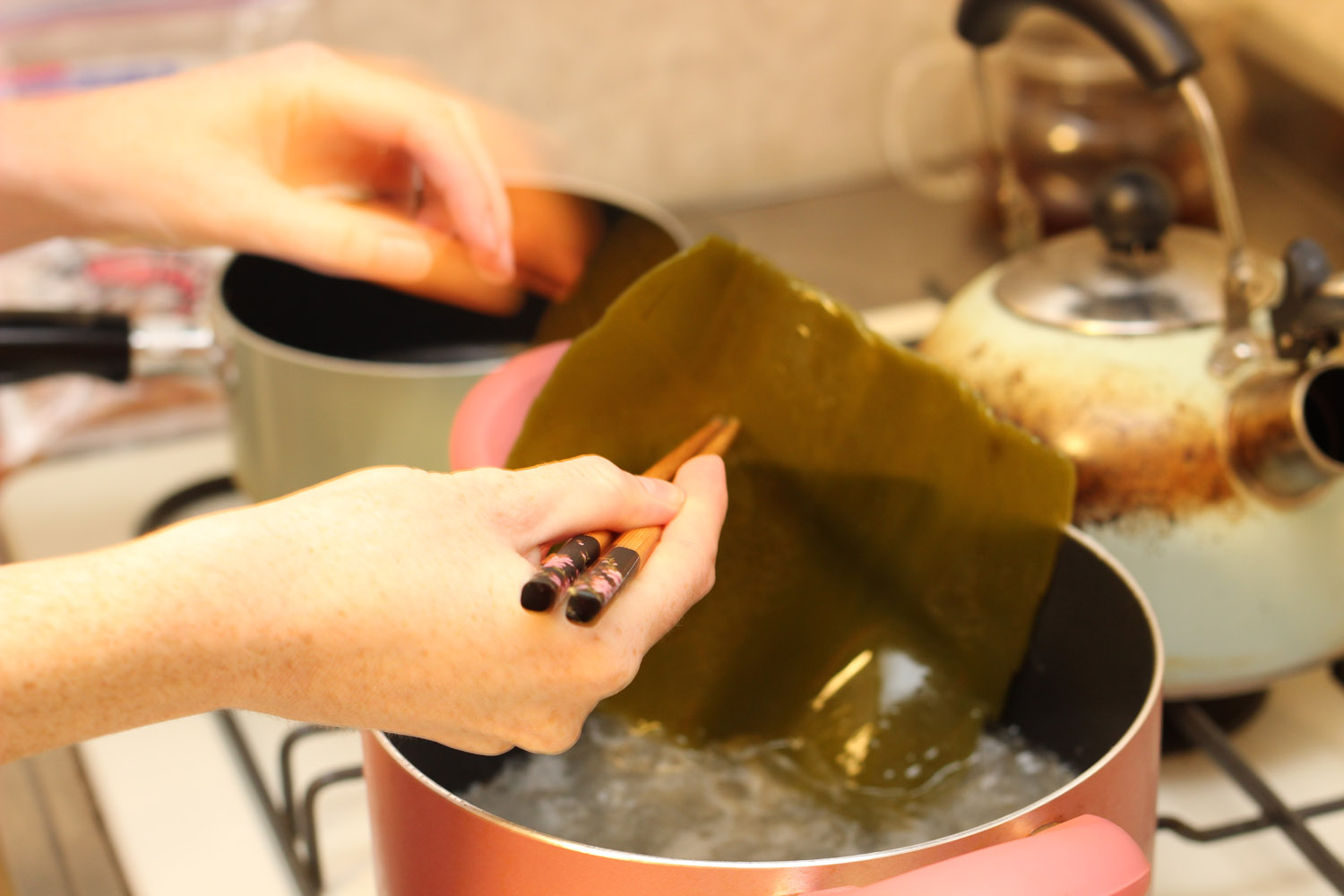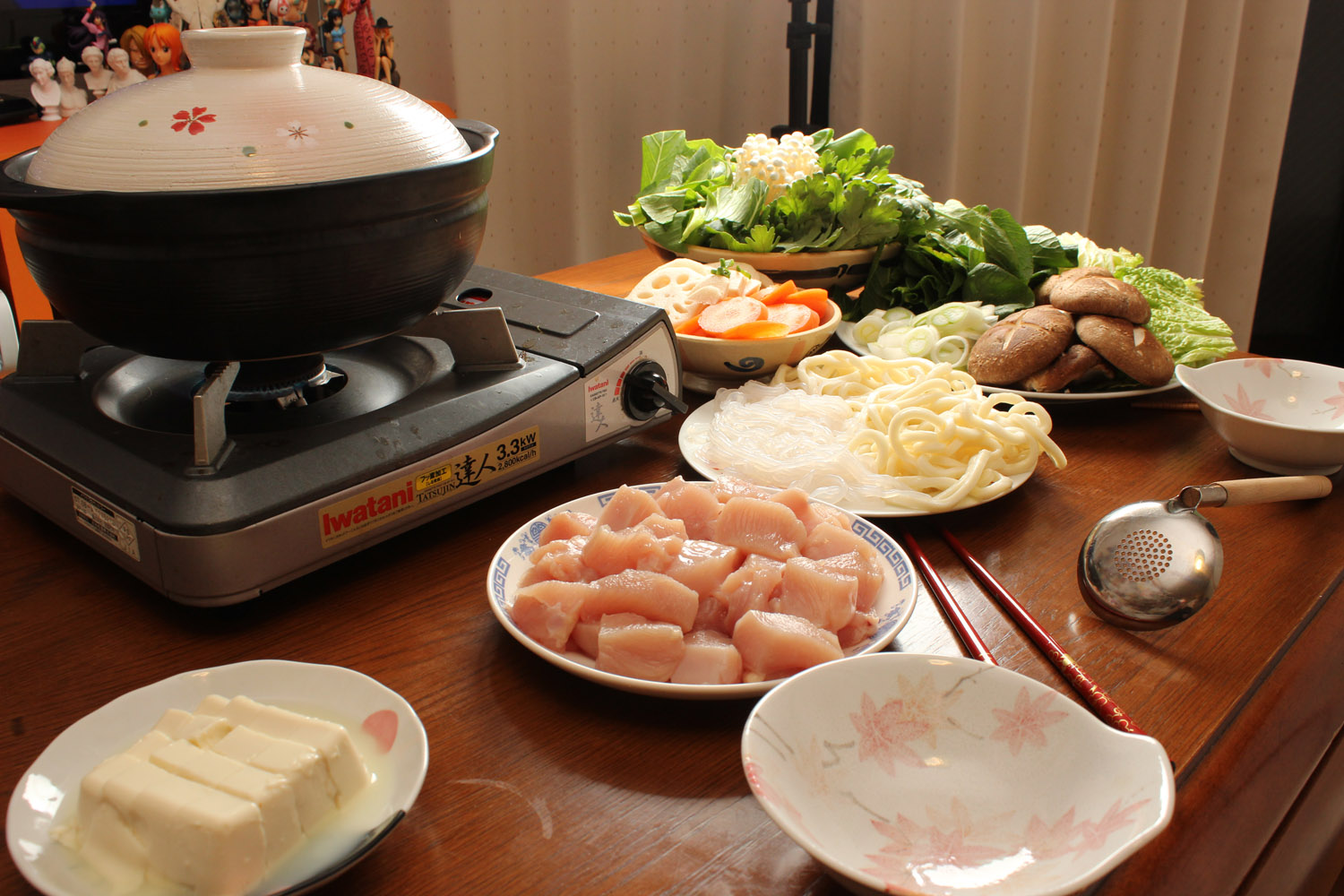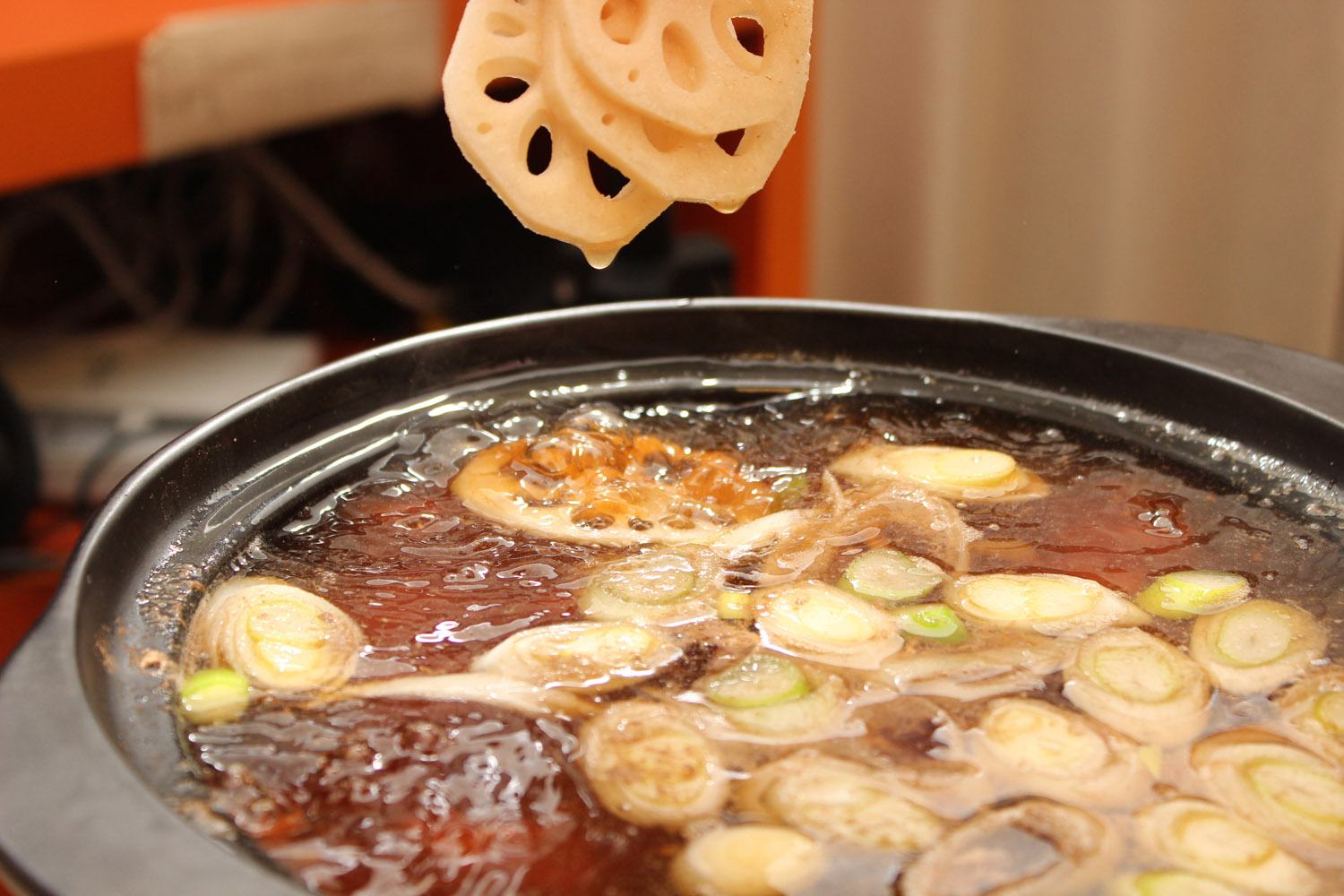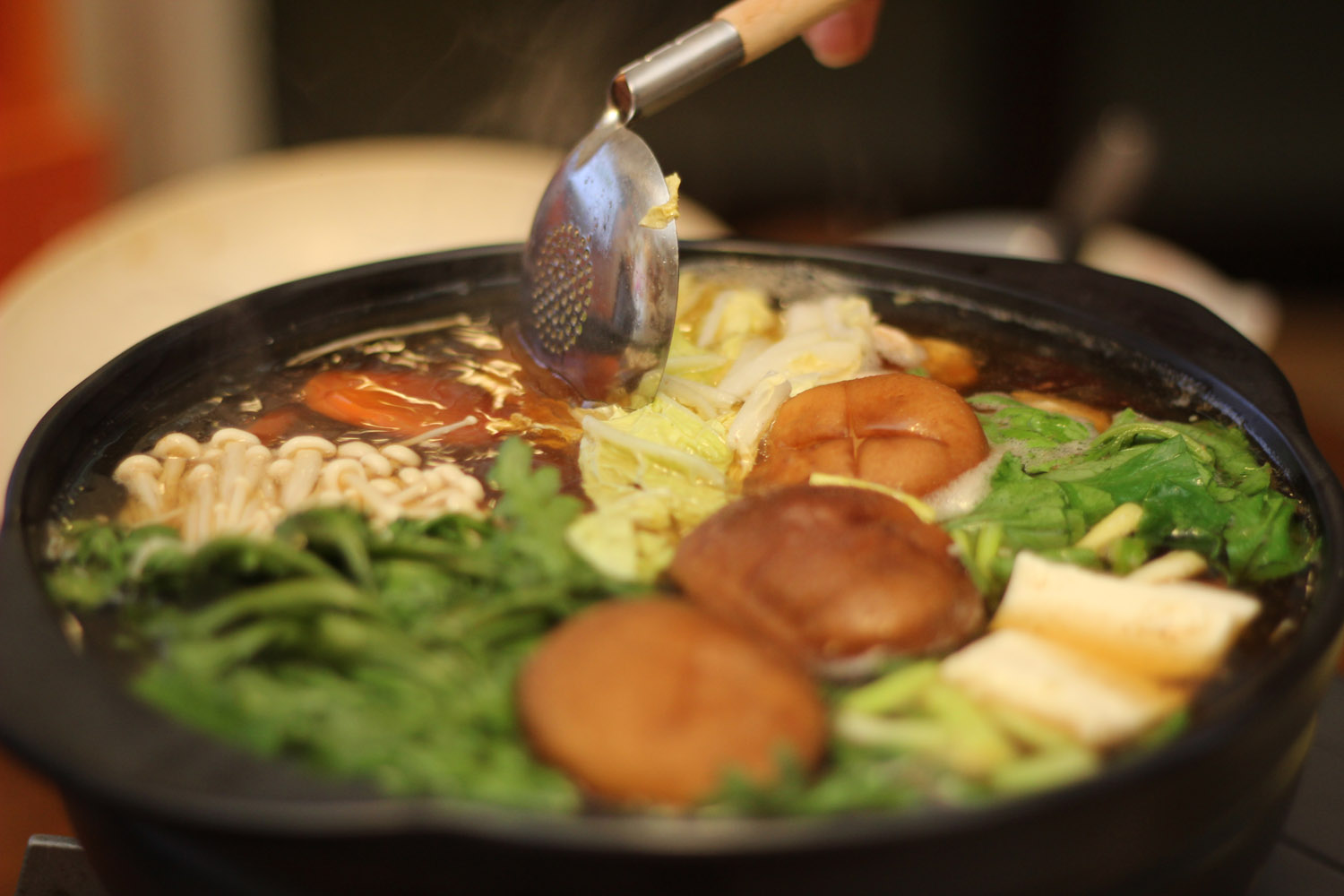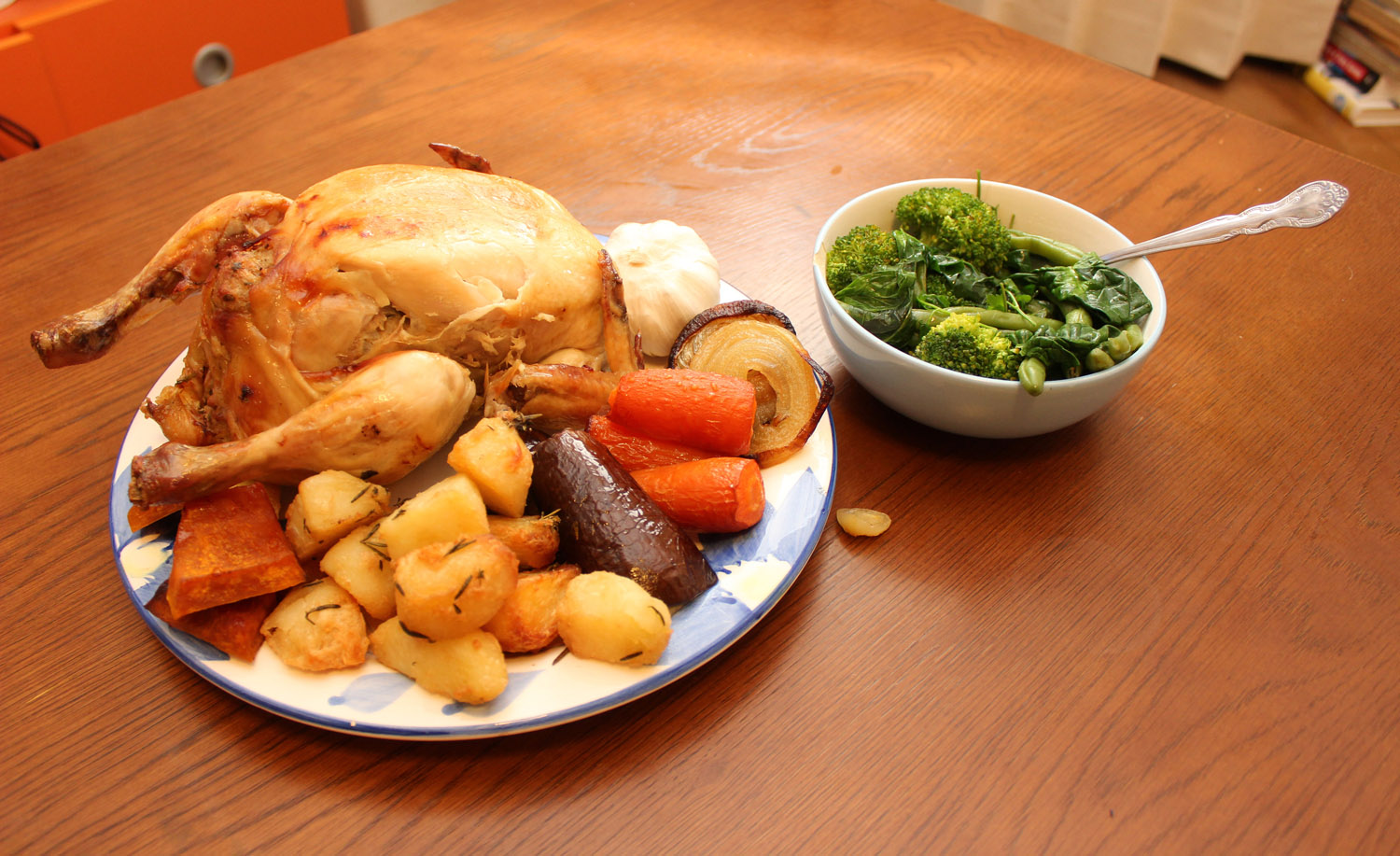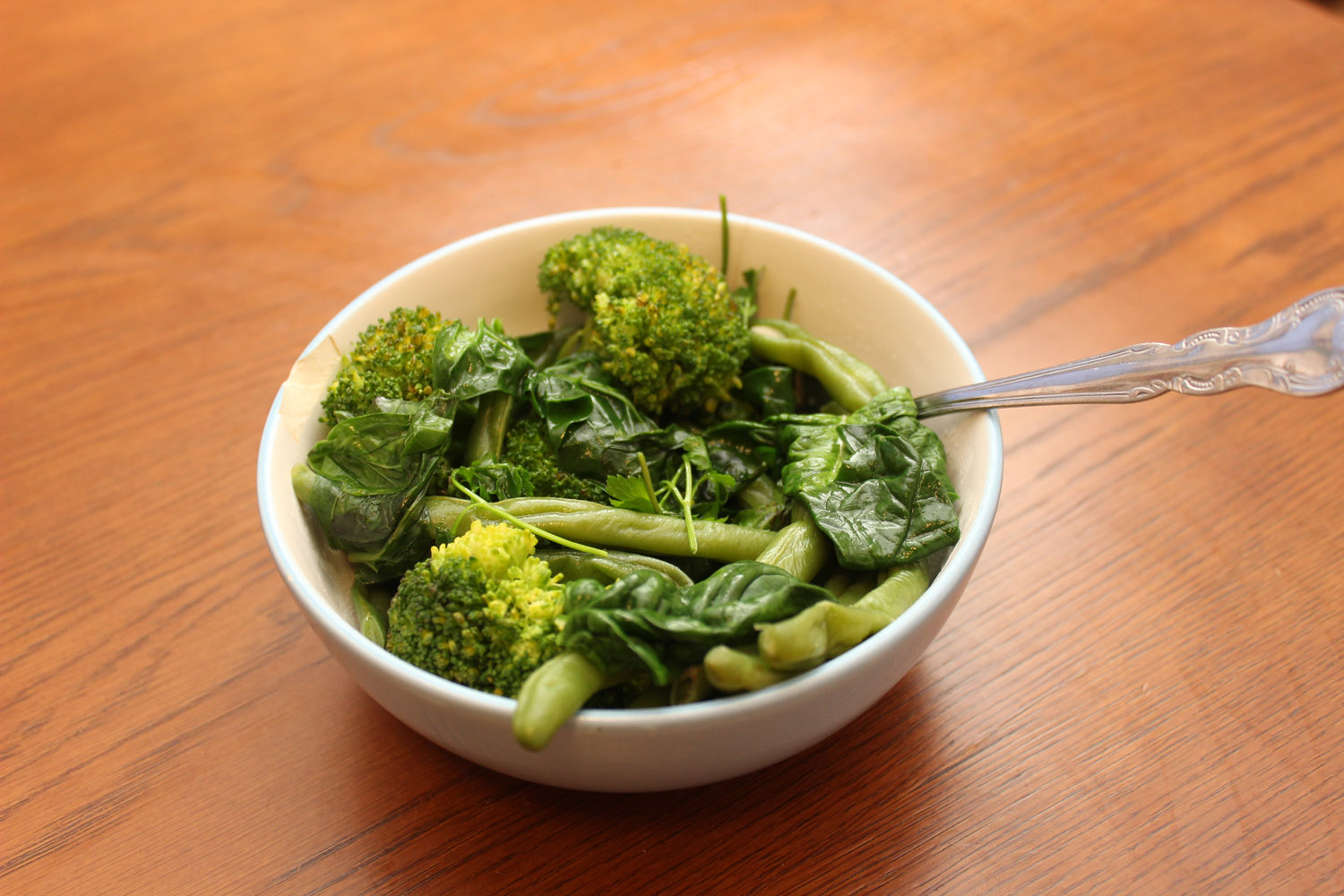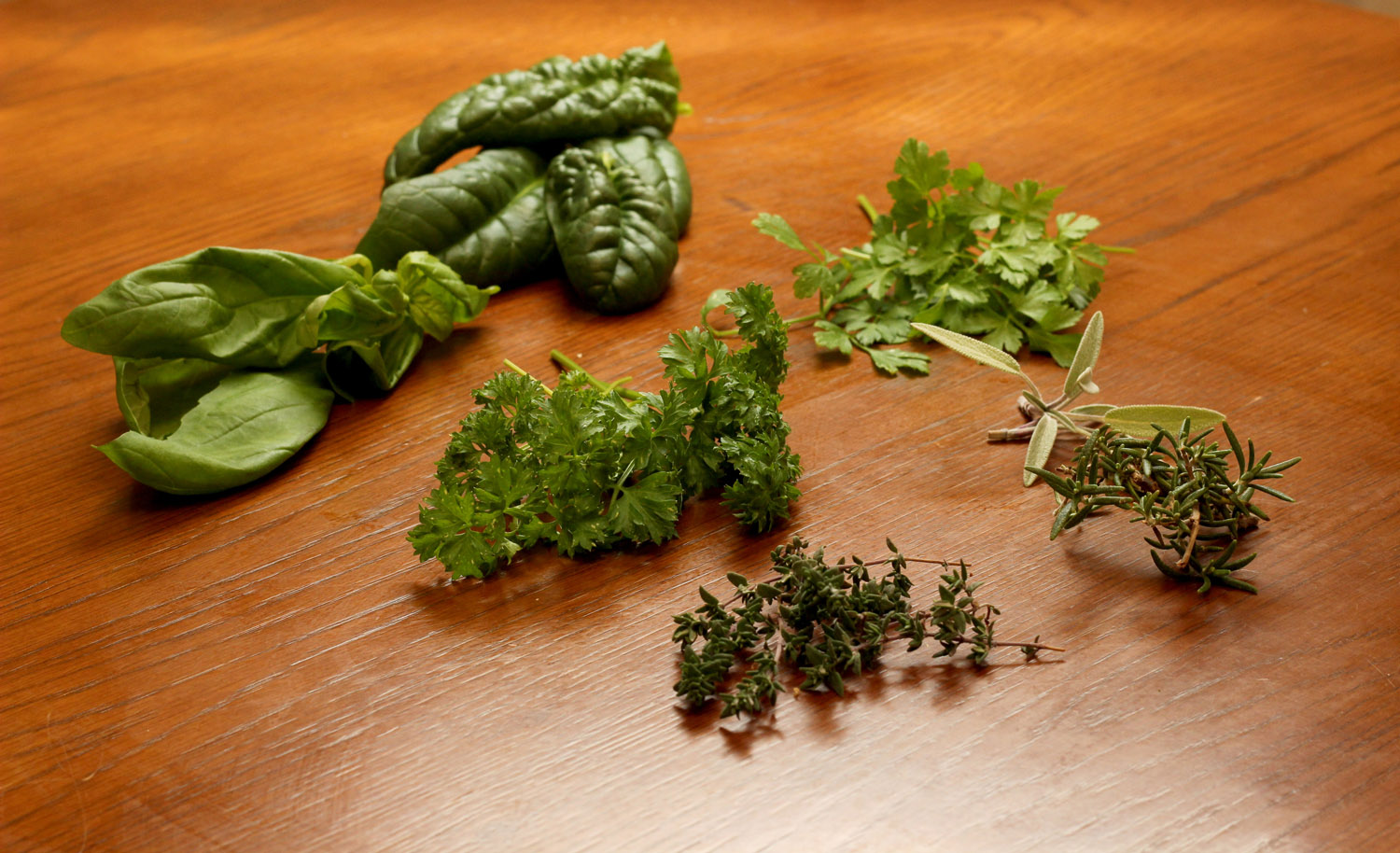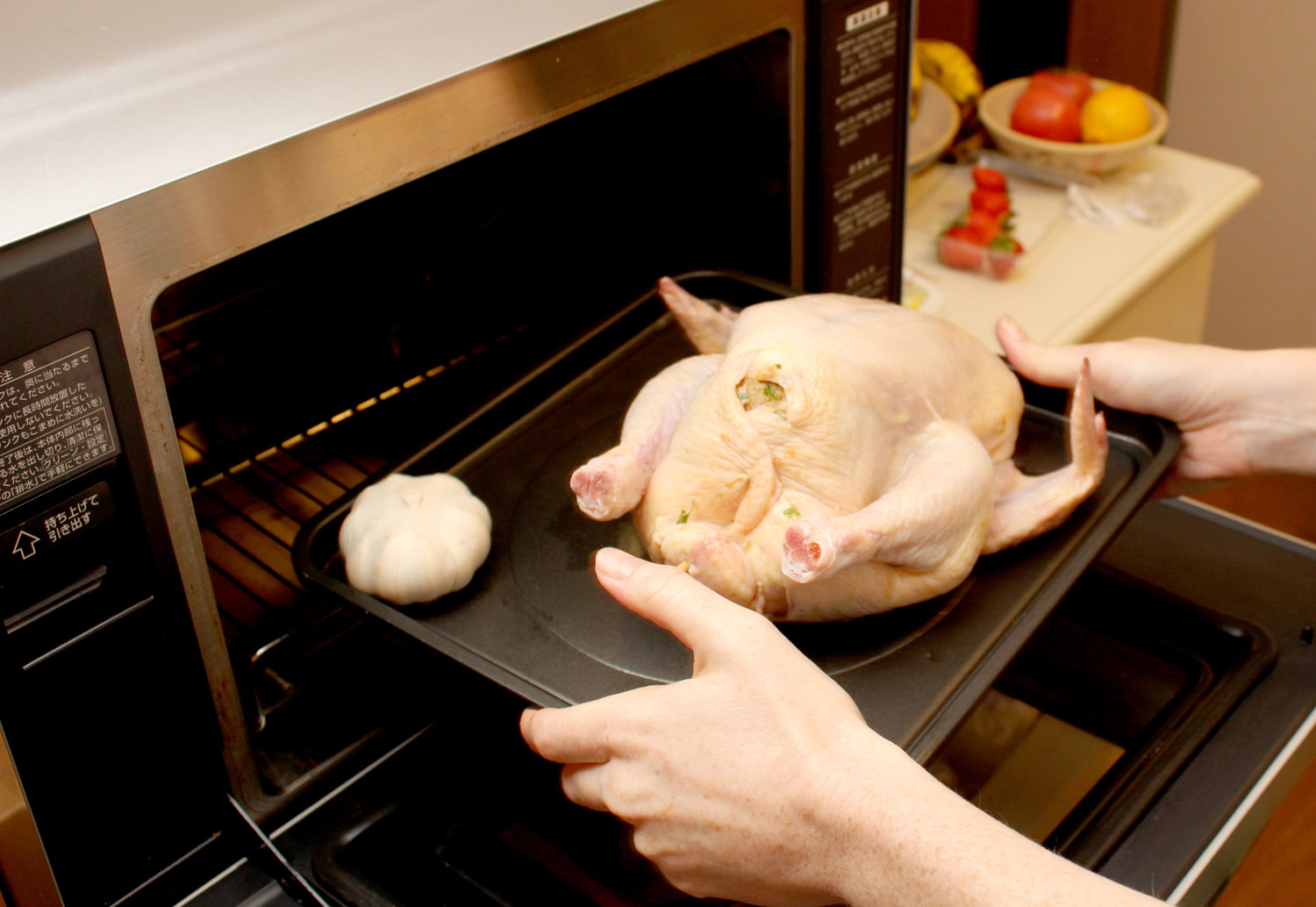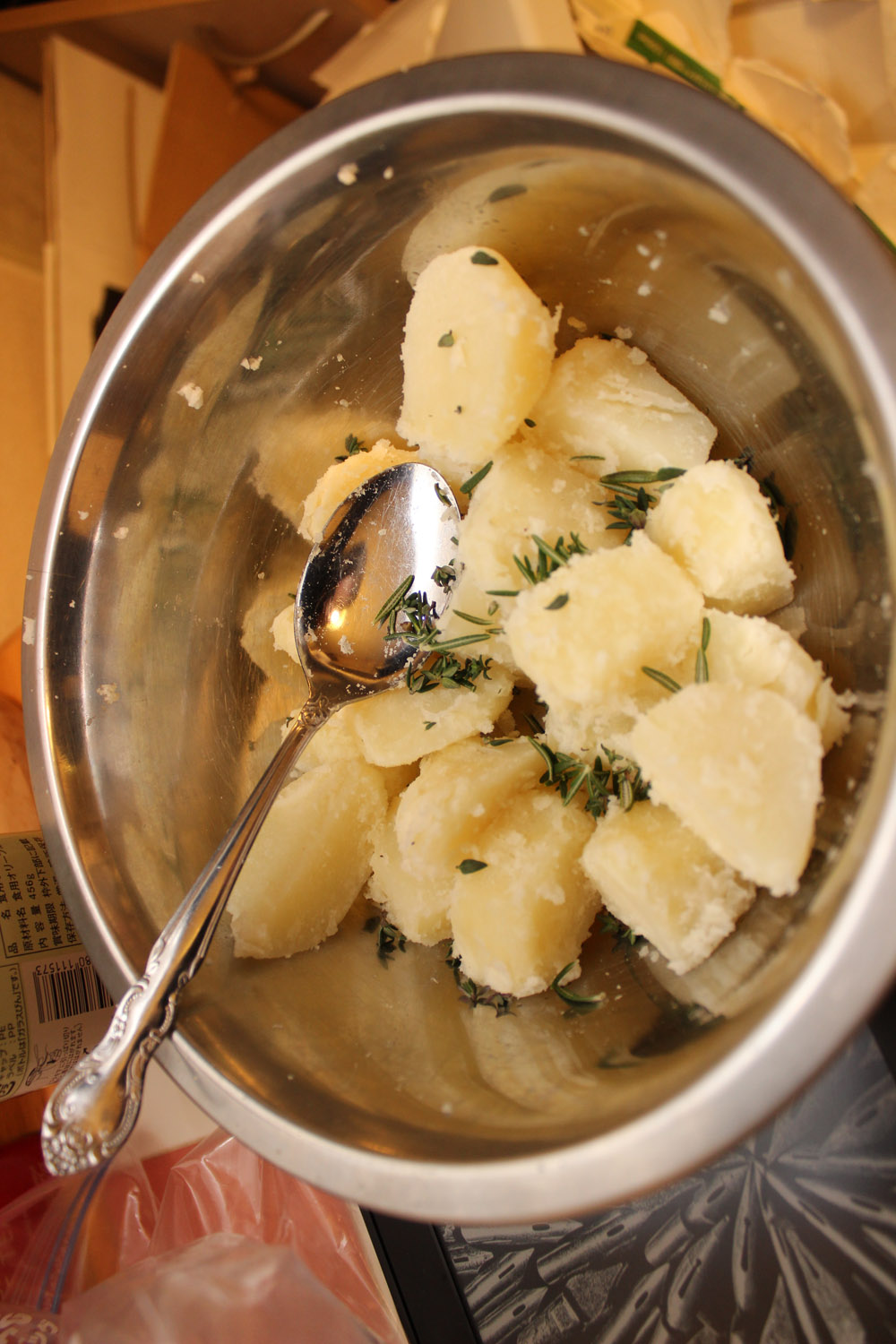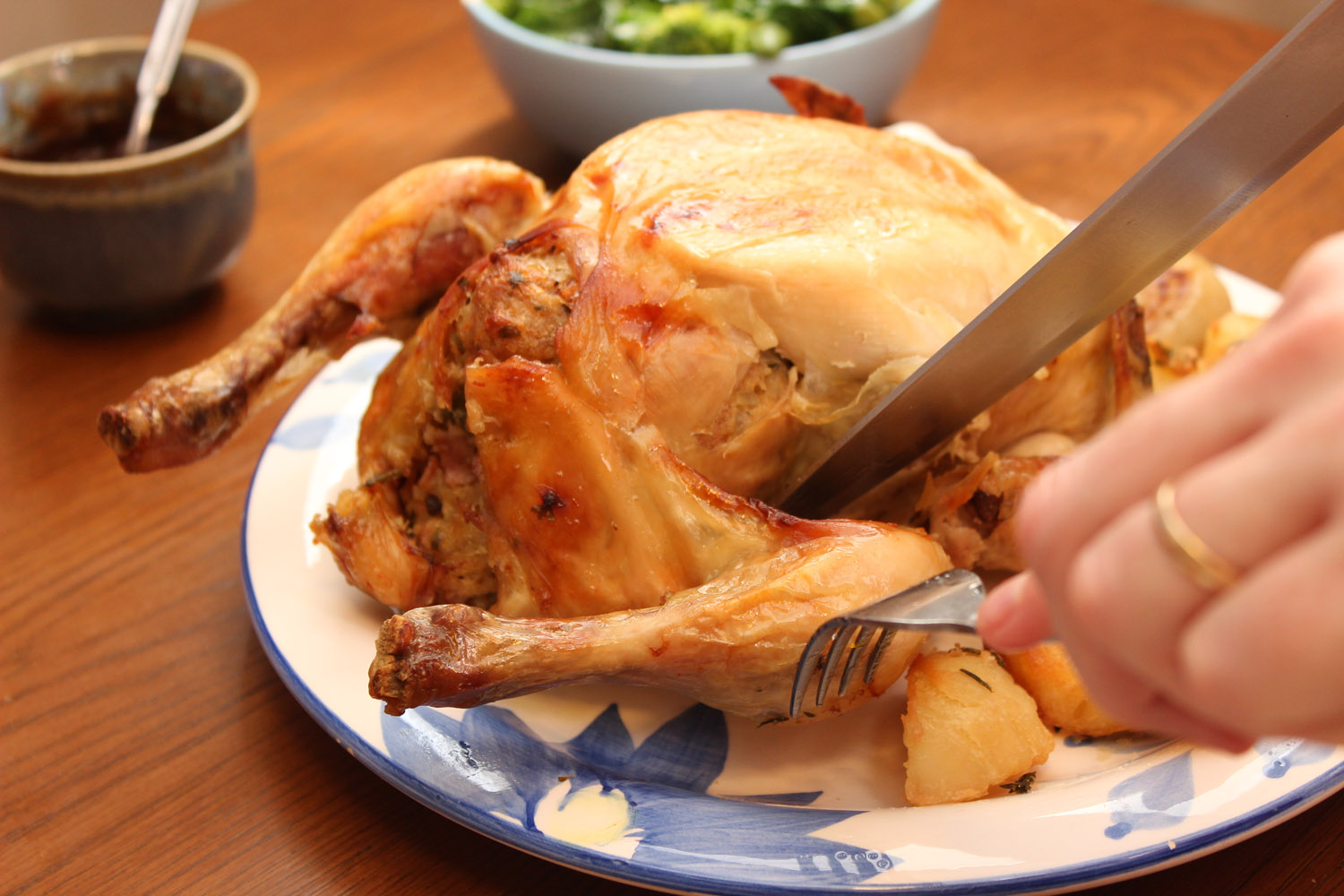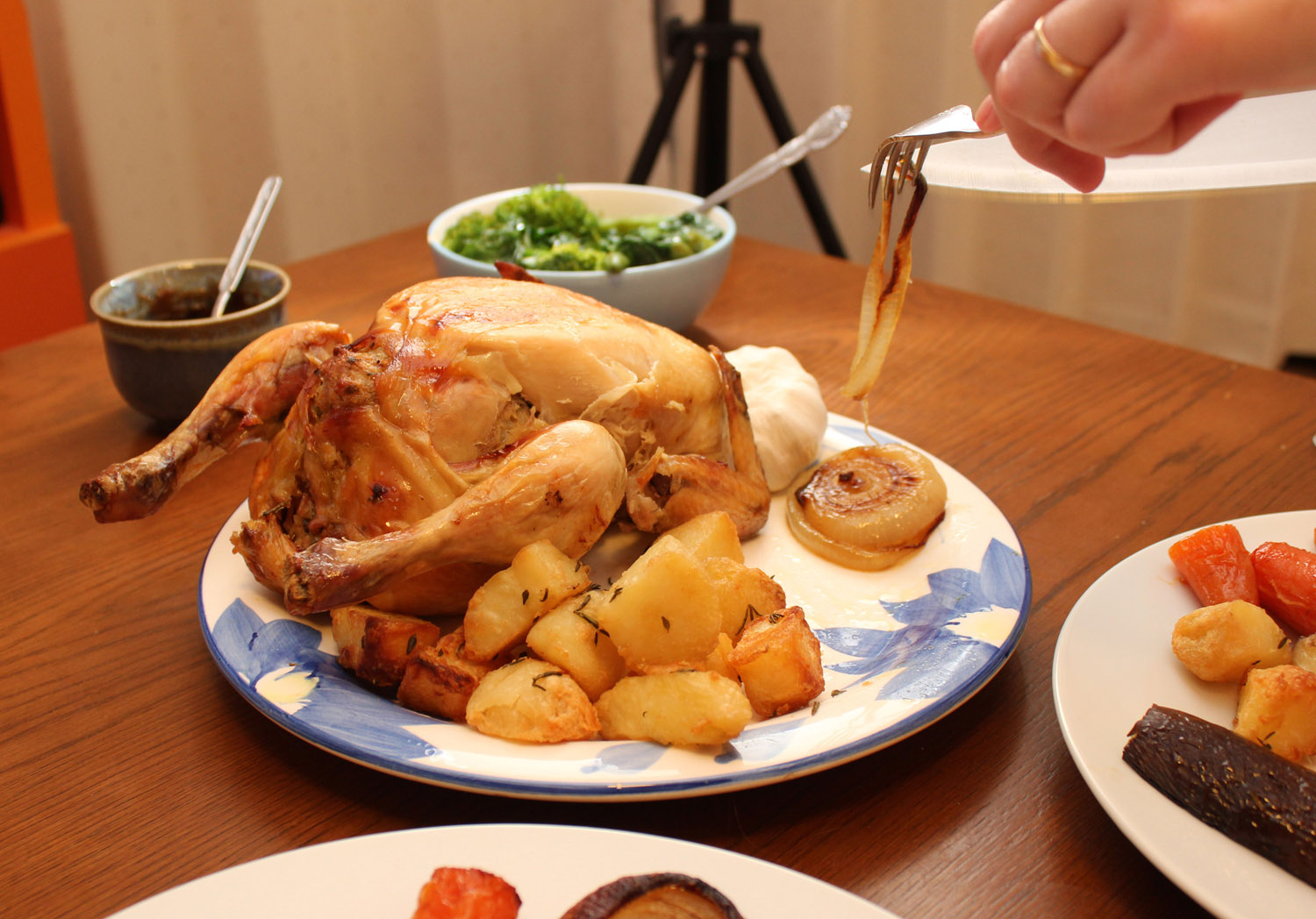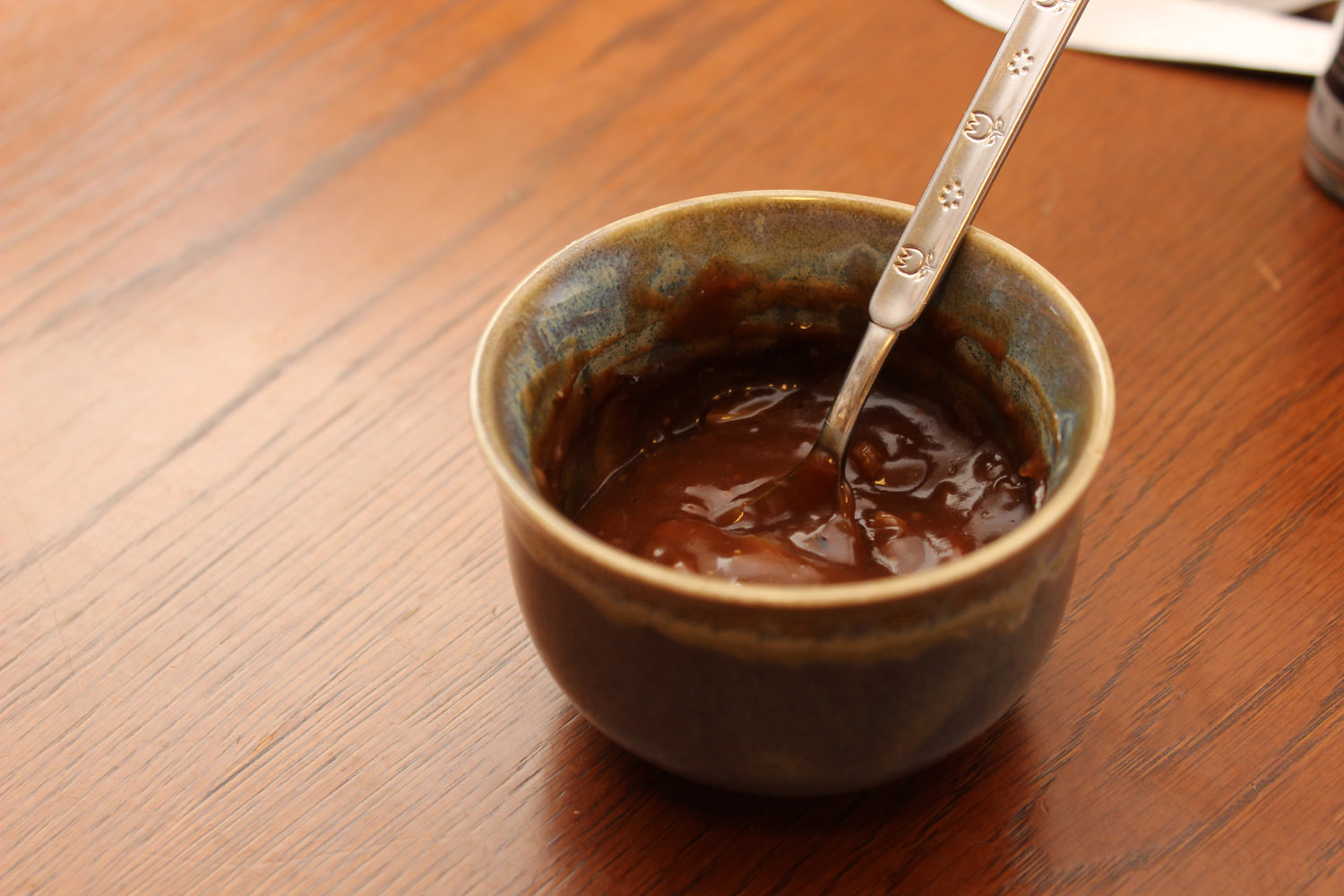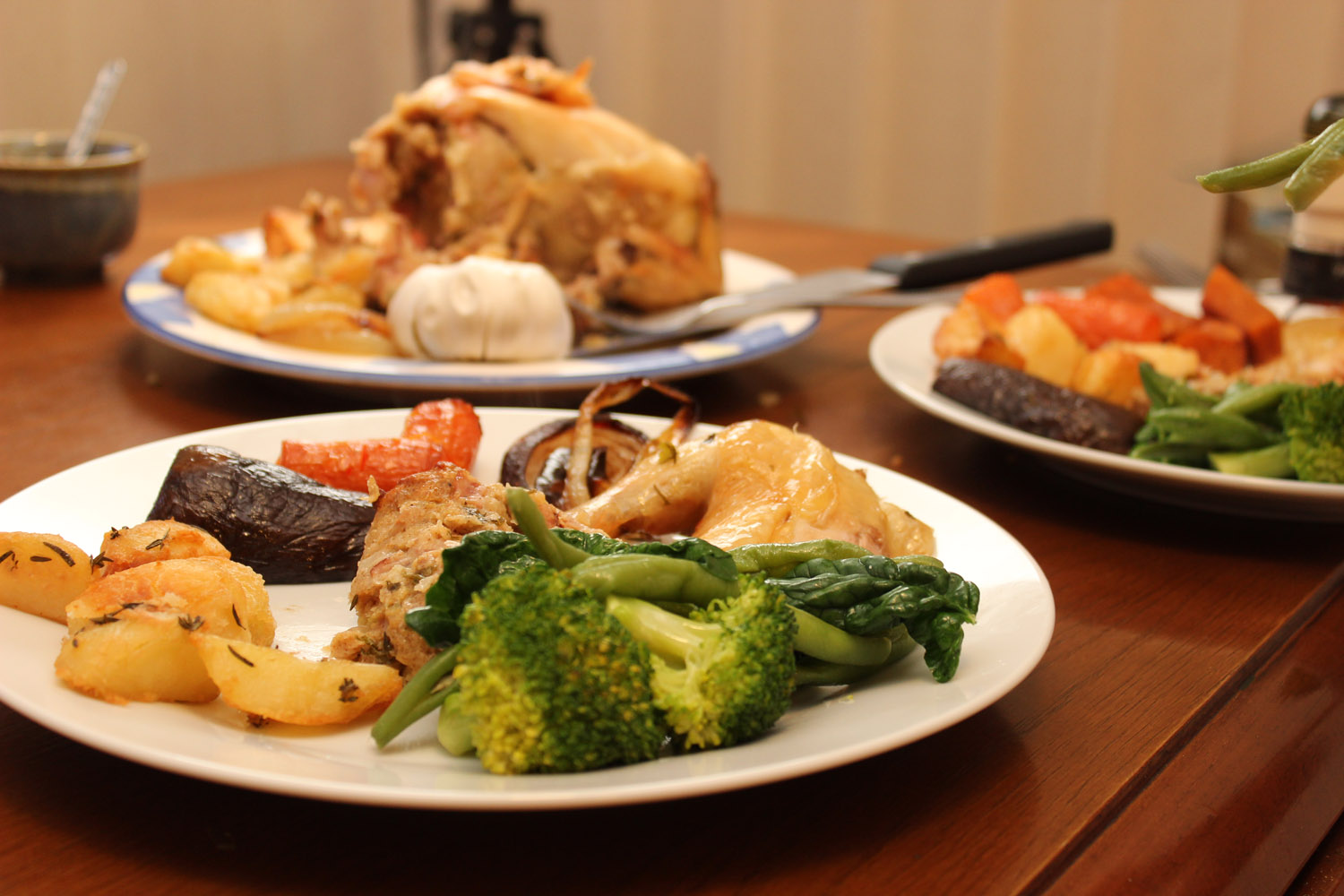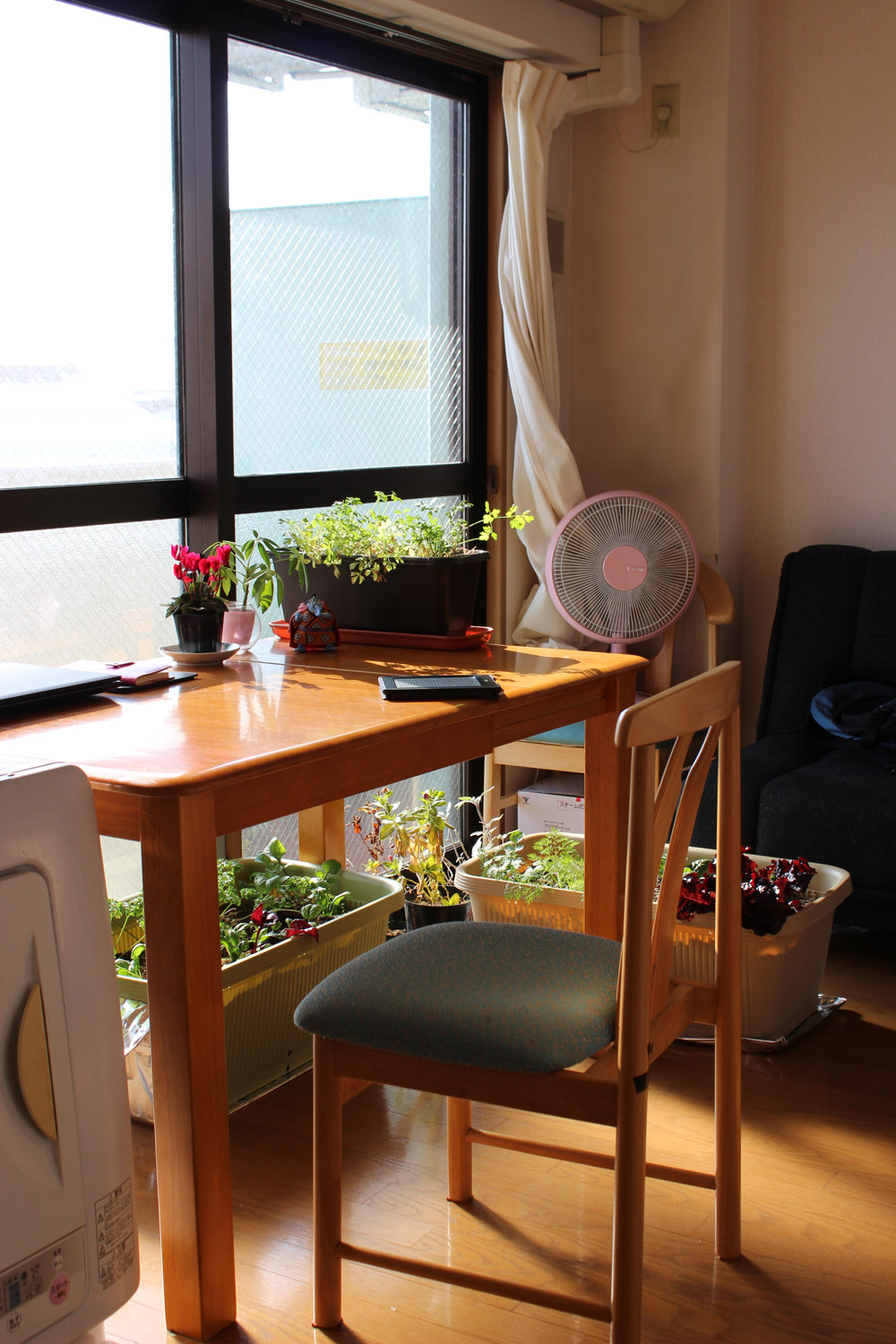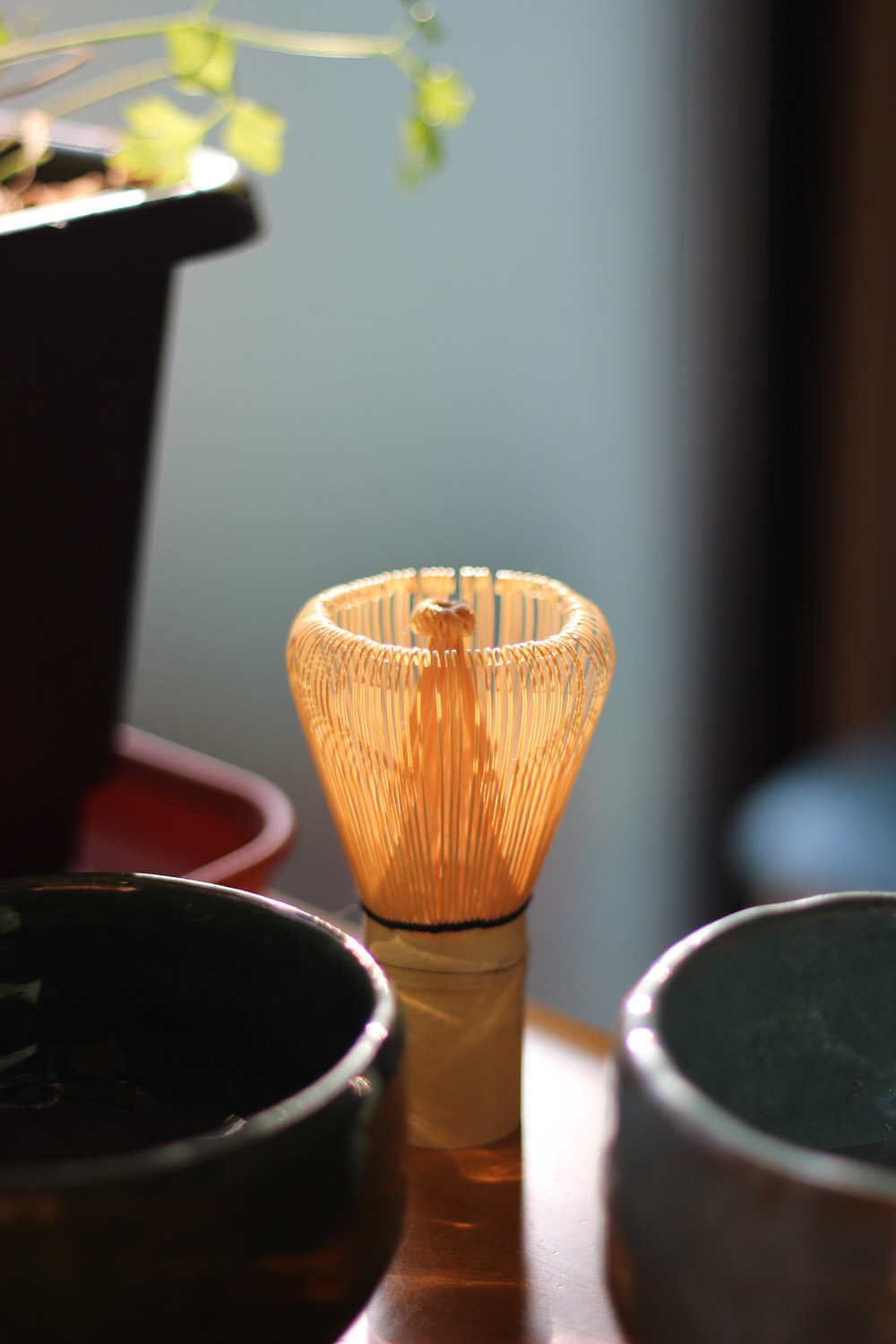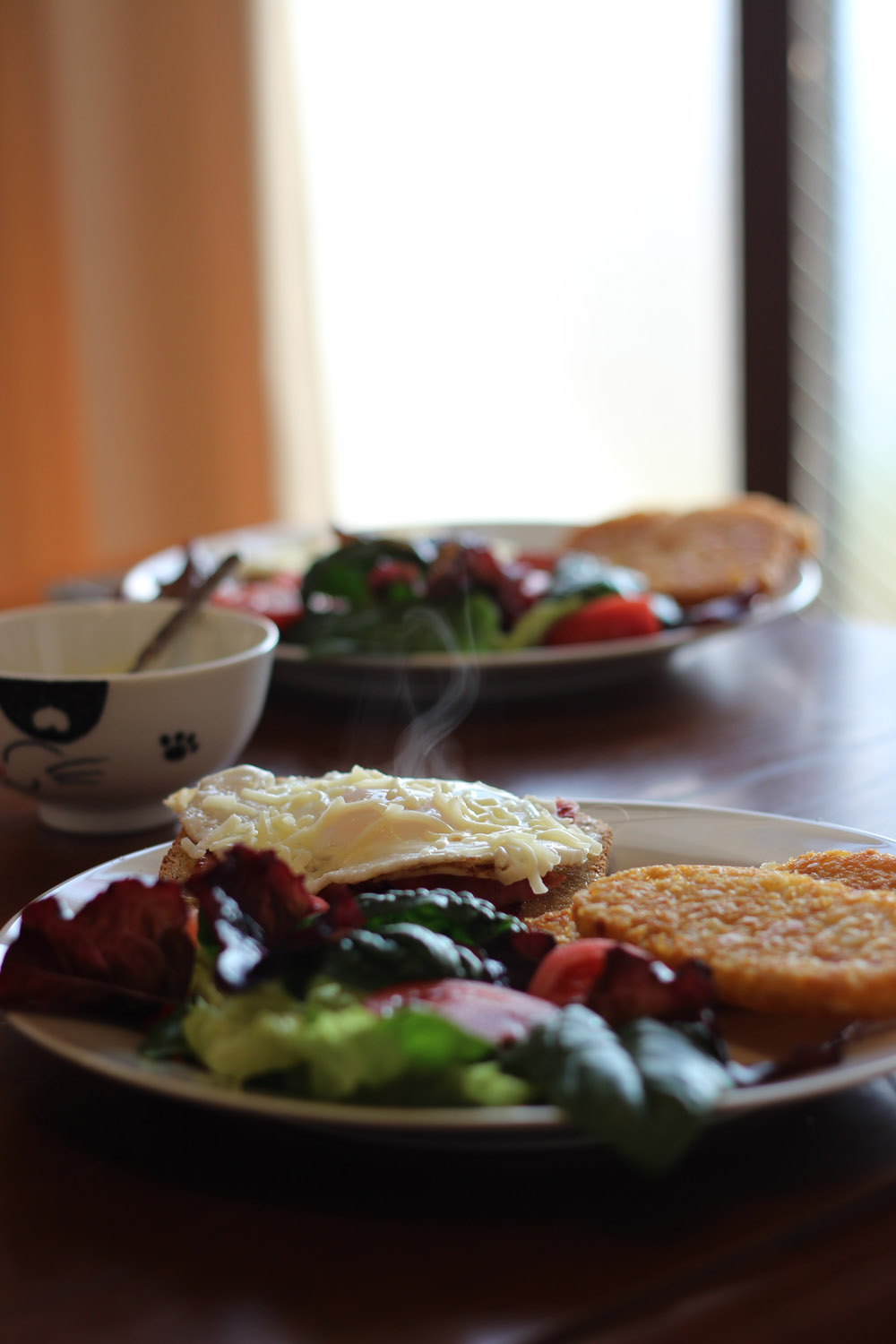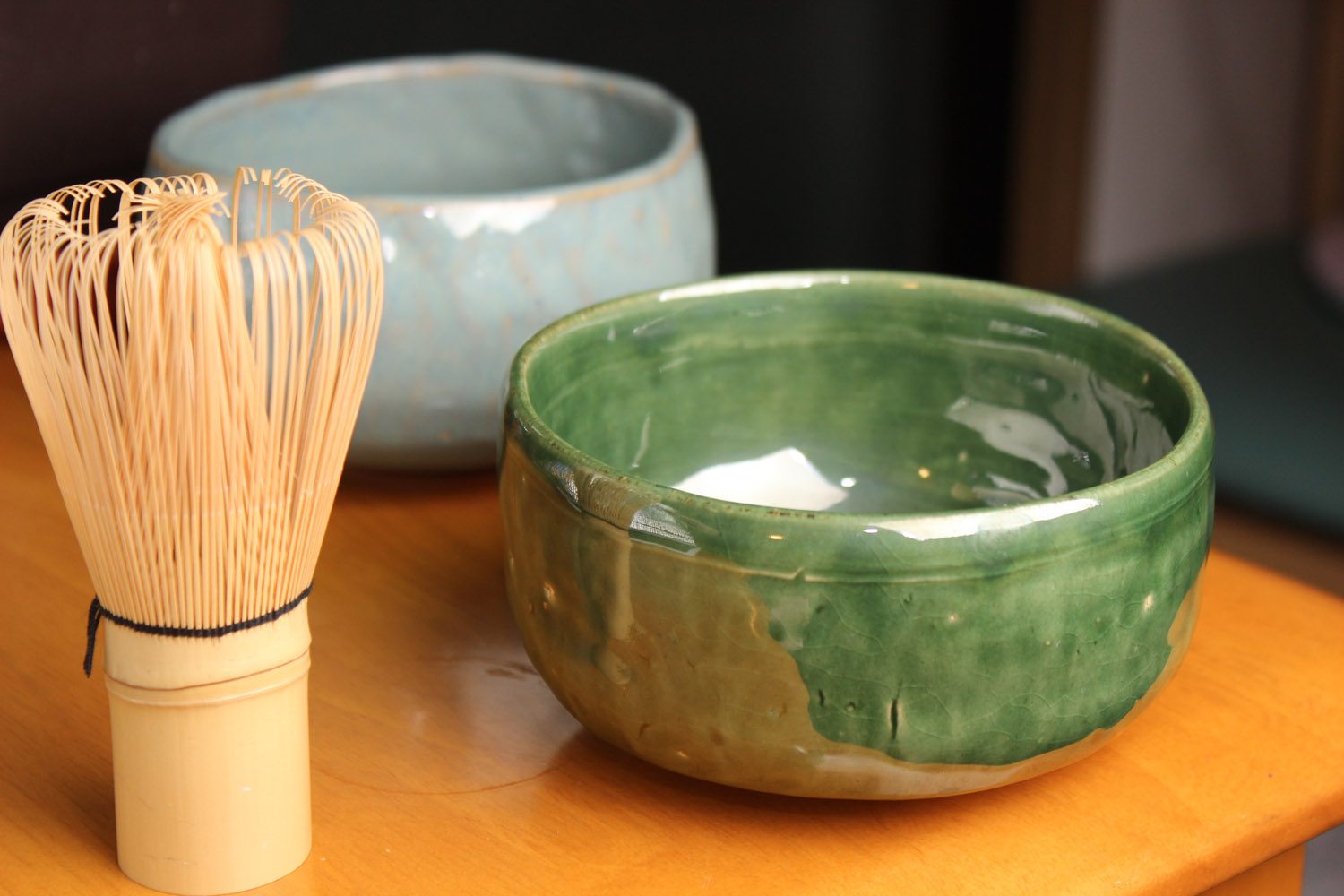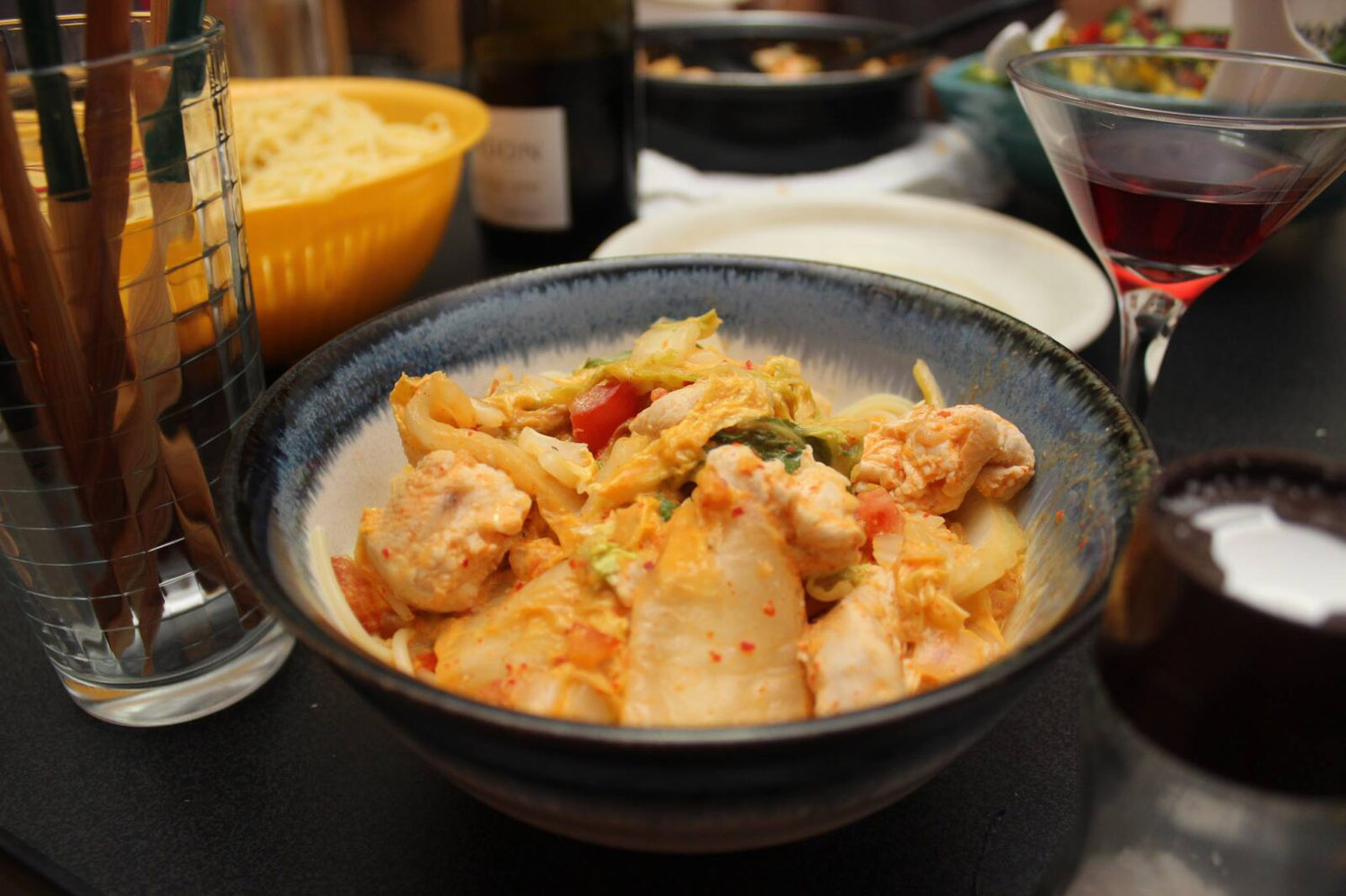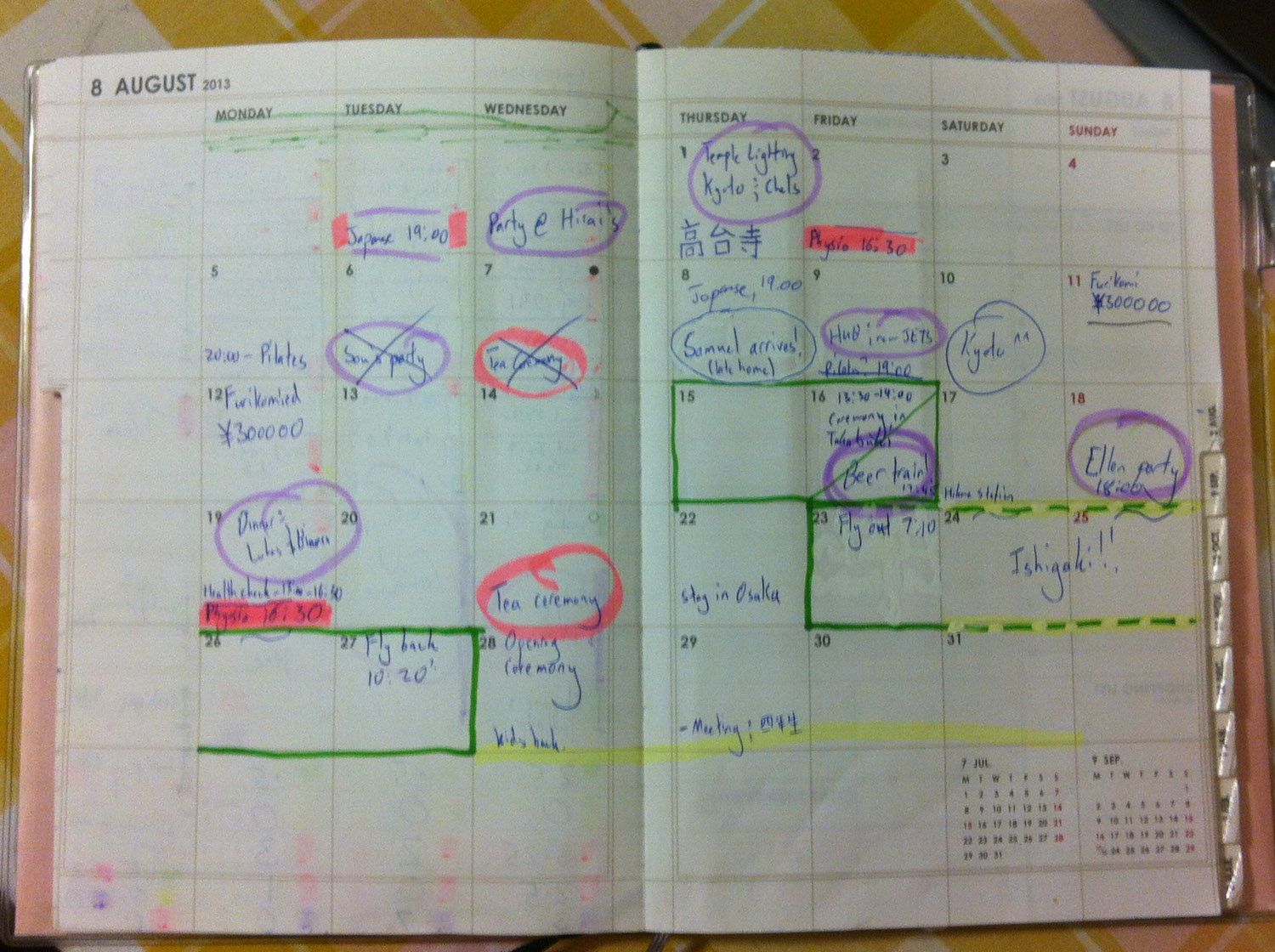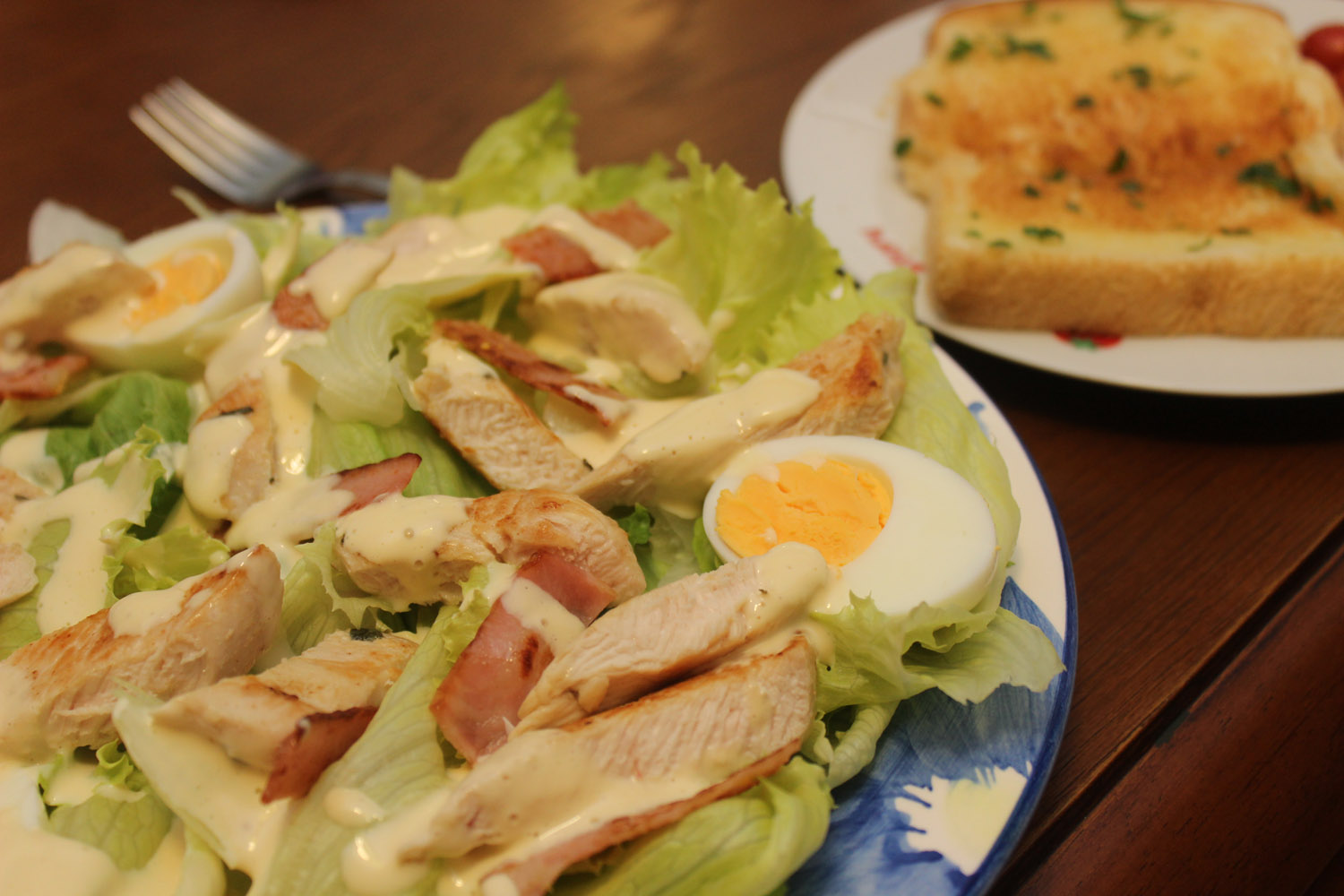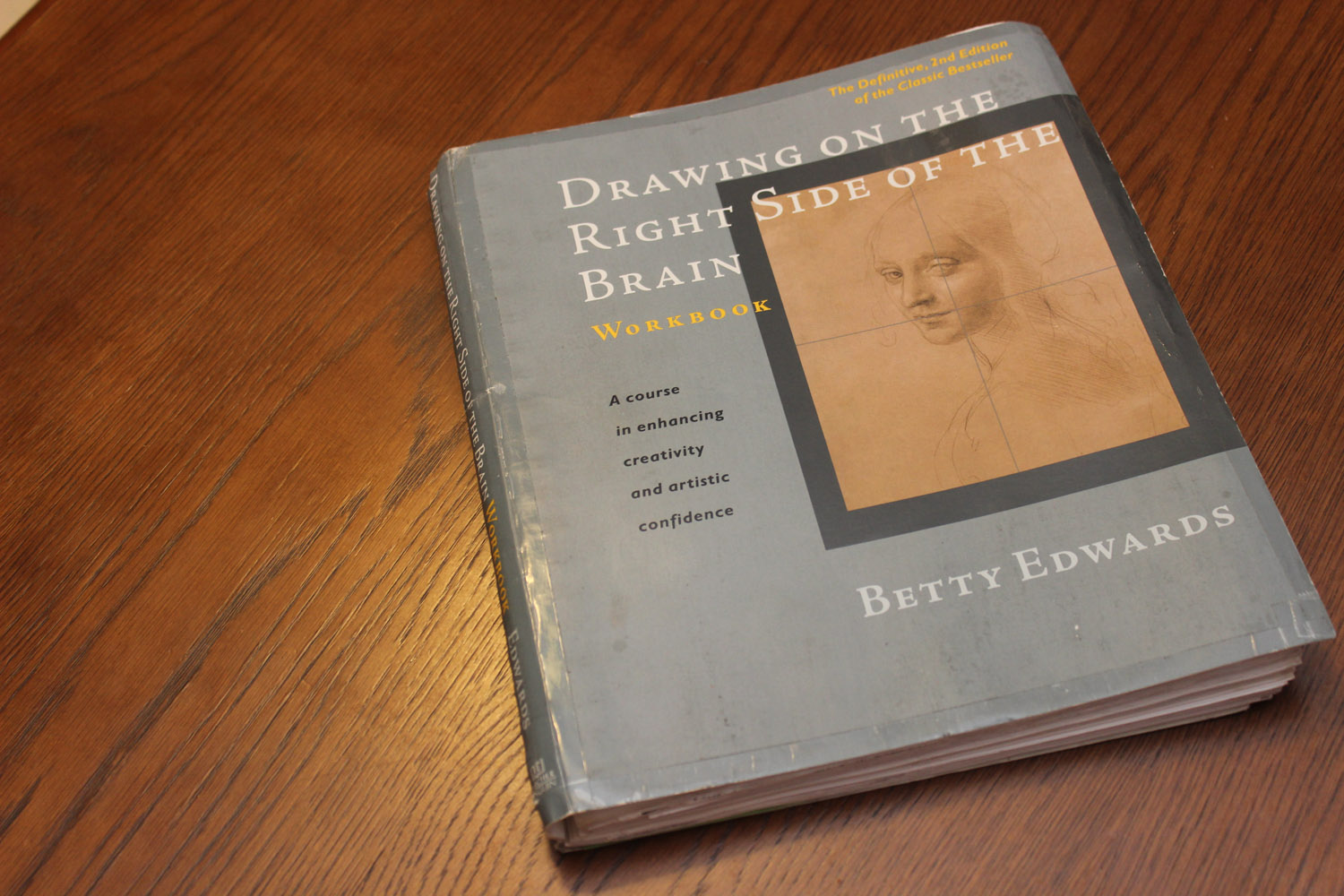There are days when it’s hard to summon the energy to be awesome. Days you have to drag yourself through. Days you can only manage doing what absolutely has to be done.
If you aren’t careful, these days can turn into years. You can wish your entire life away, one weekday at a time without ever finding a chance to do anything you love. How can we live happily today, while still making sure that tomorrow will be awesome?
Firstly, to be honest, you probably need to step outside your life for a while and make some decisions about where you’re going with it. But that’s a subject for another day. If you’ve already done that and you’re still having days where you can’t just haul up your socks and genki your way through, you might need some help to stay motivated. How do you keep up your awesome when you frankly don’t feel very awesome at all?
The Power of Will
The internet has a lot to say about this. Apparently, it’s all about focus. It’s about how much you want IT (whatever IT is). It’s about being 100% committed to a goal and prepared to make any sacrifice.
It’s about bullshit, basically. Bullshit and having other people iron your shirts. This sales talk/gym bro/ business seminar attitude will not help us manage our responsibilities and nurture our relationships, because it’s all about ME and MY goals. How can I get that? What will this do for ME?
I guess that’s okay if you’re working toward a specific goal for a short period (although I still don’t like it) but it’s no way to live your life. We’re trying to be awesome and part of that is managing our lives like adults, which is a lot more complex than devoting ourselves 100% to one big, shiny outcome (while Mum picks up our socks and buys our protein shakes).
We have a myriad of big, medium and sometimes really tiny goals, scattered across all of the areas of our lives. We need to prepare for that meeting, make that sandwich, email that friend, run that 10km, mop that floor; and so on and so on for the rest of your life. The list is endless and if you try to manage everything on it through sheer force of will you are going to die. I’m not even kidding. A Busy person will try to push through and work themselves to collapse (not to mention a host of stress-related lifestyle diseases) while a Lazy person will burn out fast and never achieve anything again (while developing similar lifestyle diseases through inactivity).
Willpower is for Wimps
Ever heard of a child prodigy? Great! Now, ever heard of an adult prodigy? Exactly. People who think you can rely on force of will to achieve things are people who have someone else managing the hard stuff for them.
Will power is important, but it is also finite. You need to save it for times when you really, really need it. Times when you’re trying to convince yourself to go for a jog on a rainy morning, or trying to get a two-year old to eat three bites of their lunch. The rest of the time you can get by with something simpler, with a far lower energy cost.
You just have to plan. It’s that simple.
Let your energetic, clear-thinking self be the captain, let your less energetic, path-of-least-resistance self follow that lead. If you meet each day with a plan, that’s one less thing you’ll need to worry about.
Limited Choice (and Ultimate Power)
Our first world lives are wonderful. We have so many options available to us and an incredible amount of freedom to make choices. This is a wonderful time and place to be alive. But each decision you make requires that you exercise your will, expend mental energy and reduce your abilities in further decision making! Ever hear of decision fatigue? Choice can be a killer.
The way to continue toward constant personal awesomeness without having a breakdown is to limit these options ahead of time. Plan what you’re going to do, then cut off (almost) all of your escape routes.
And the best place to start doing this is with food. We all eat it, we all buy it and we ALL spend our first years out of home arguing about whose turn it is to cook it and what we should make. Even people who cook for a hobby often hate the chore of making regular meals, because of the amount of variables involved in making a decision.
Nutrition. How many serves of veggies have you eaten today? Are you exercising a lot? Are you sick? Have your period? Now what about these variables for every single other person in the house?
Supply. What’s in the fridge? In the cupboards? Can you be bothered shopping? (side note; a herb and vegetable garden helps you both broaden AND narrow your options here. More nagging on this topic in the future). What needs to be used up? What sort of leftovers will you get from what you make?
Enjoyment. What, actually, would you like to eat? What do the other people who will be eating enjoy? What can you prepare that will make eating together a pleasant experience?
If, when I get home, the question is “What will I make for dinner?”, then I have a BIG problem. I’m exhausted, I’m hungry, I want to eat the first thing I find that doesn’t need any preparation and then I want to watch T.V. for three hours. After THAT I might have some energy to think through better options (although of course then, it’s much too late).
If, however, the question is “What AM I making for dinner?” then I check my menu plan (created on Saturday, when I’m rested and can see glorious freedom stretching out in front of me) and start opening cupboards, chopping vegetables and mixing sauces because a decision has already been made; I just have to carry that decision out. And the sooner I do that, the sooner I get to eat whatever wonderful thing my clever, motivated self decided would be best to bring my dopey, lethargic self back to full power.
It works, too. After a shower and a decent meal, Kin and I are both ready for anything the evening might bring. The other joyous side-effects of menu-planning include:
– Money saved and waste reduced; because you’re actually eating all of your leftovers!
– Increases in speed and skill at both cooking and cleaning up (which means that your menus will gradually become some pretty serious business)
– Increased ability to come up with something good when you do have to invent meals in a hurry.
– You and those you live with will eat healthy, balanced meals every day. Believe someone who has worked in restaurants owned by folk of a variety of ethnicities: Restaurant food is never, ever healthy. Not EVER. I don’t care what you’re eating, grilled fish, steamed veggies, whatever; we have done something to it that makes it unhealthy. It’s what we do. Restaurant cooking is about best flavour achieved in shortest period, which means that we blanch it, keep it in the fridge for a week, then cover it in oil. Home cooking has more options.
Good planning not only helps you organize yourself, it helps you pinpoint times when you might need another person’s help, so you can ask in advance. It lets you understand what resources you will need ahead of time, so you can prepare your work materials better. And finally, it allows you to relax and just enjoy your day, without having to try and be 100% on top of things at all times.
How do you plan? Are there any strategies you use to reduce your dependence on will power?
Gem
XX
EDIT: Wow, that was a long one! Well done getting through it!
